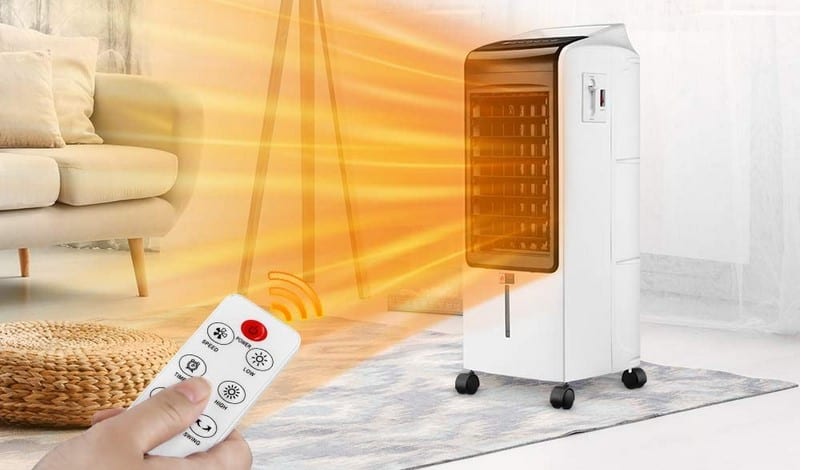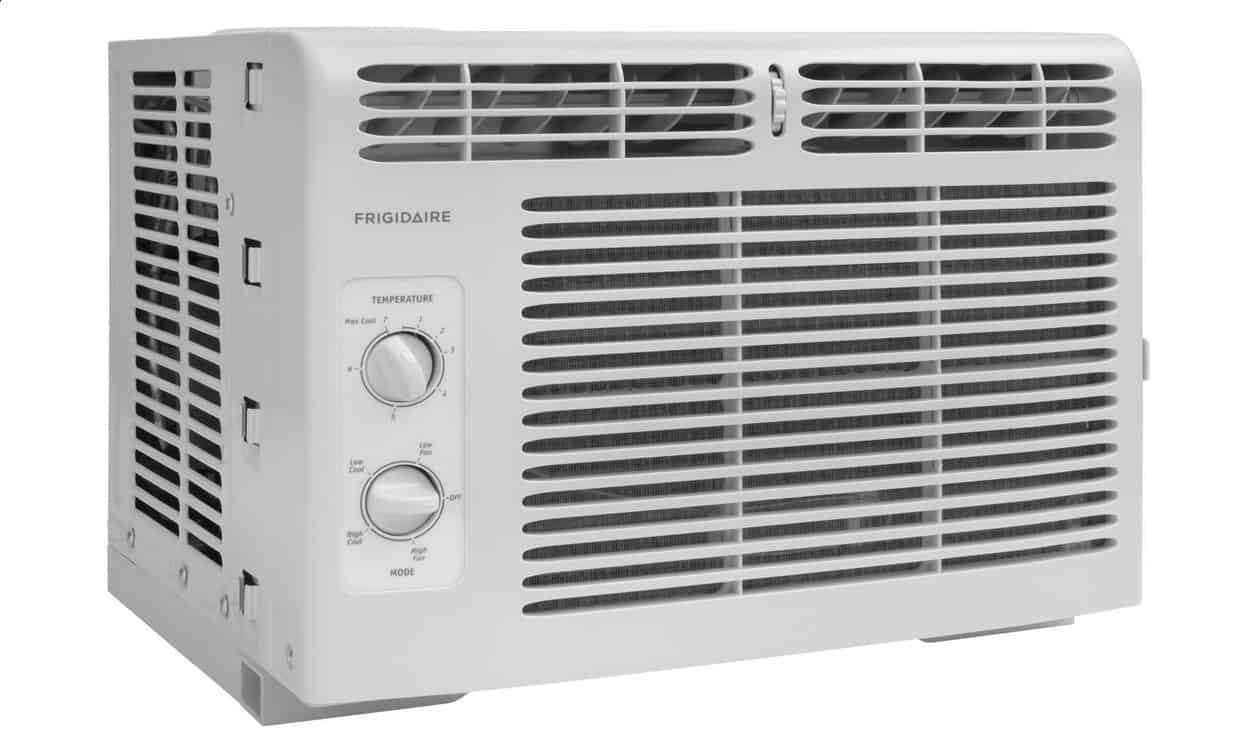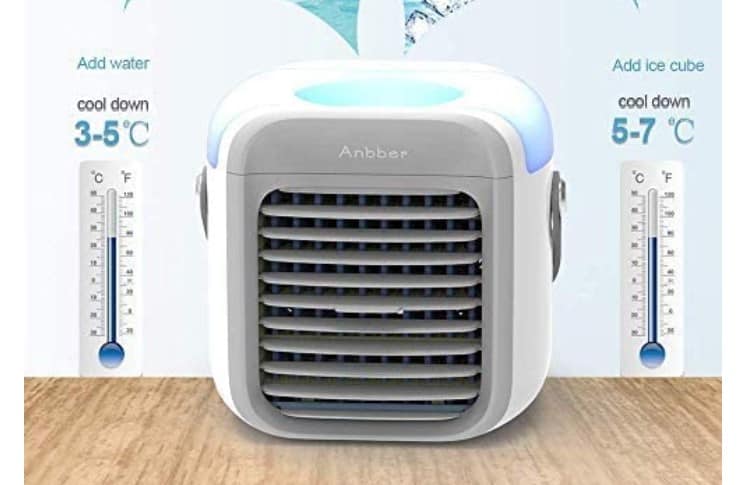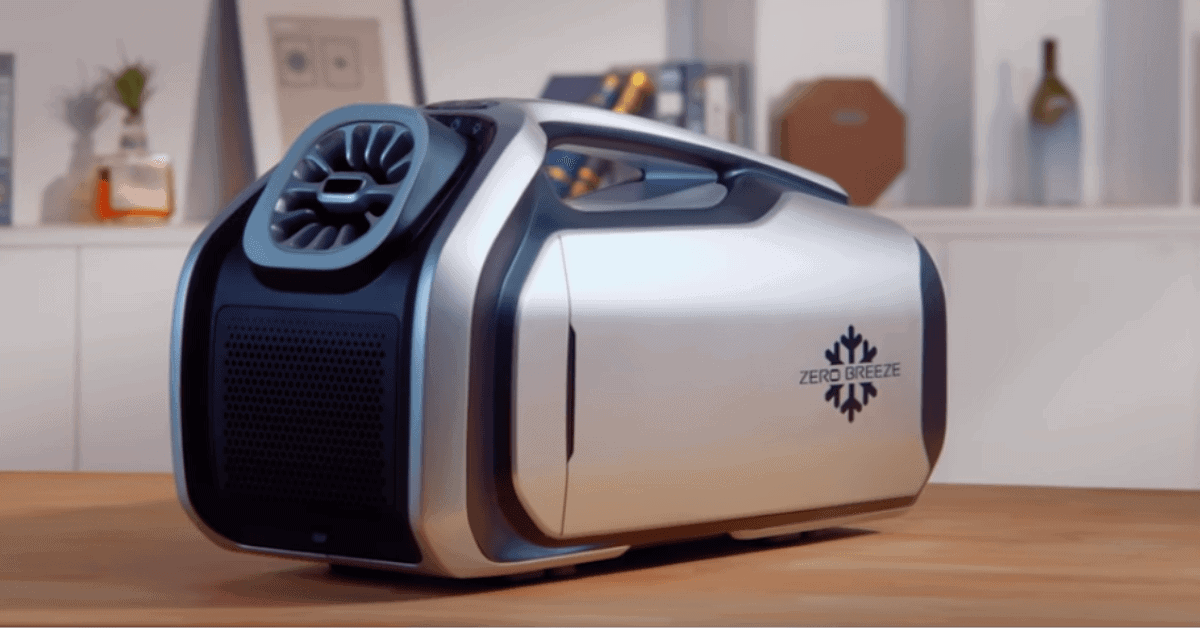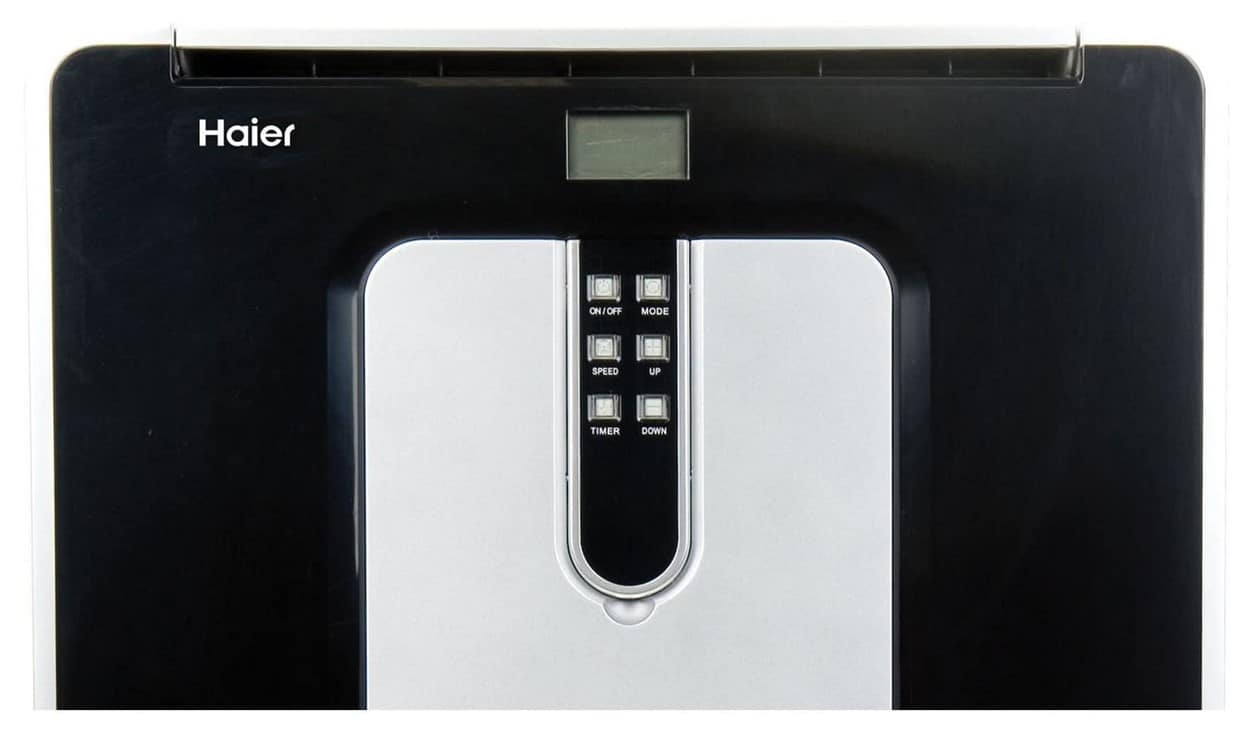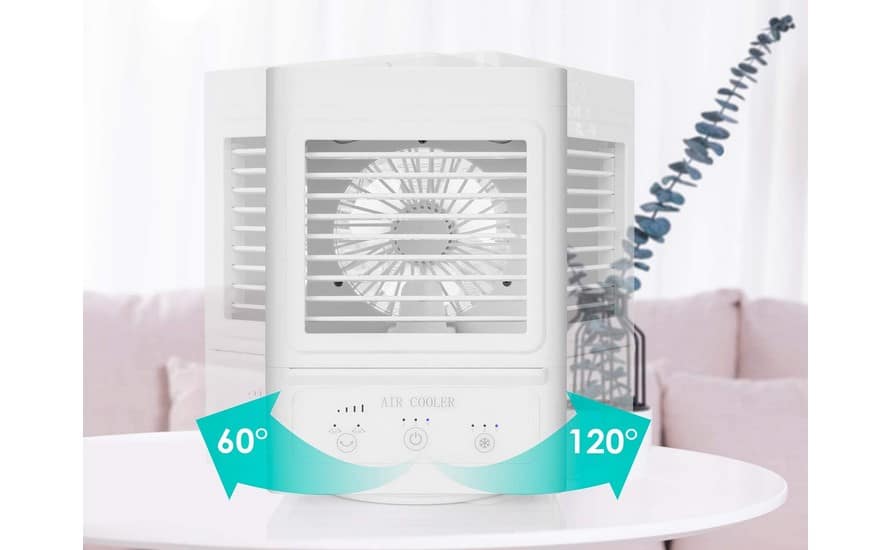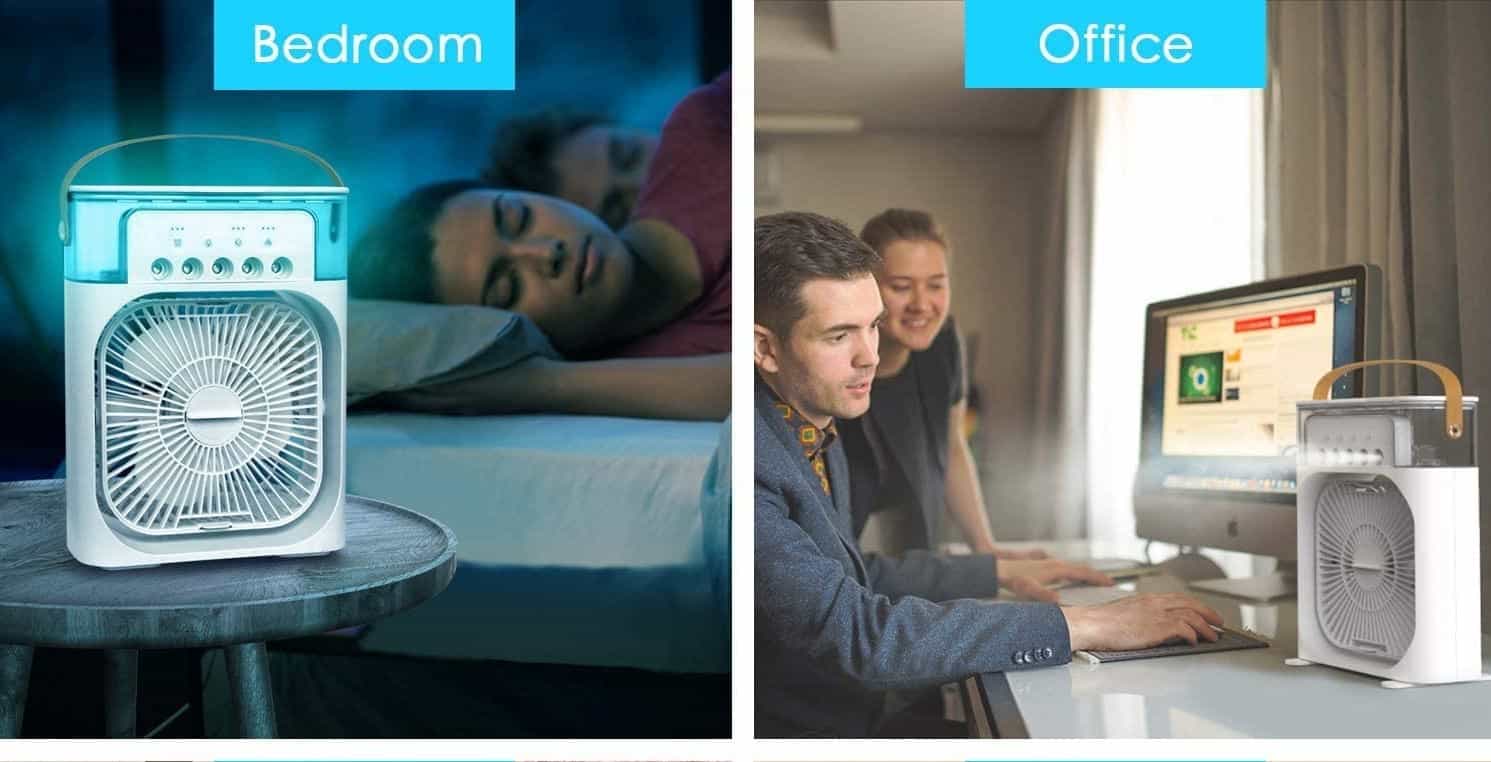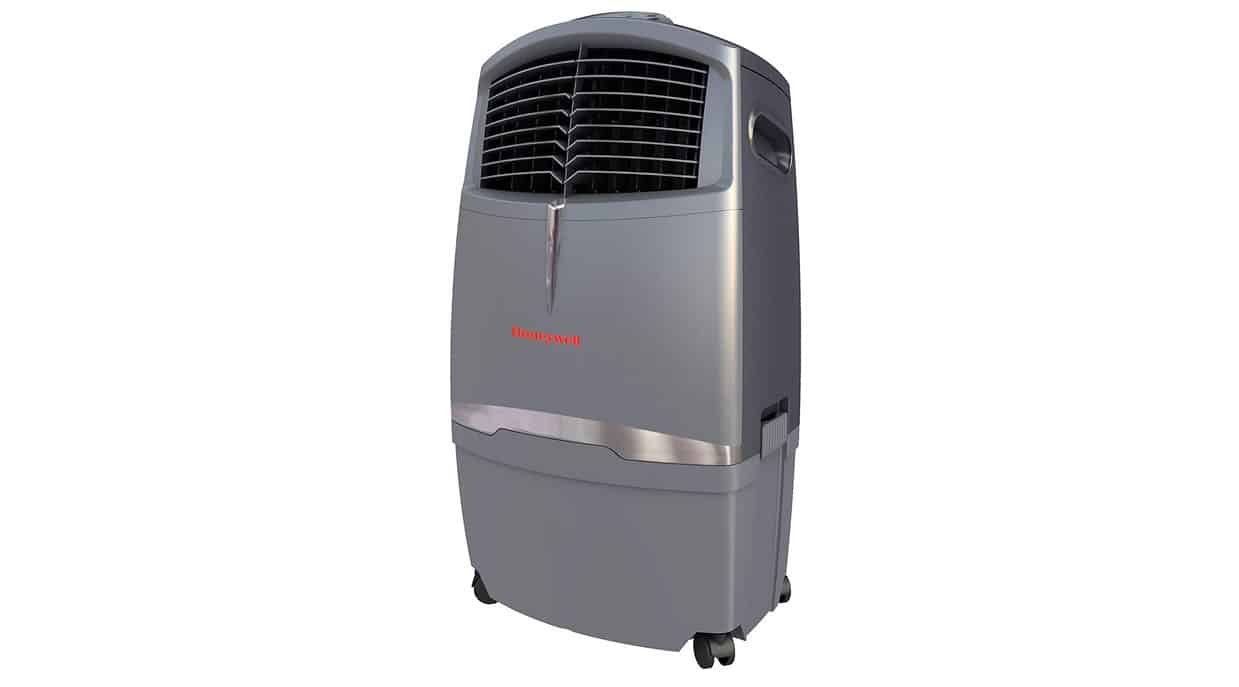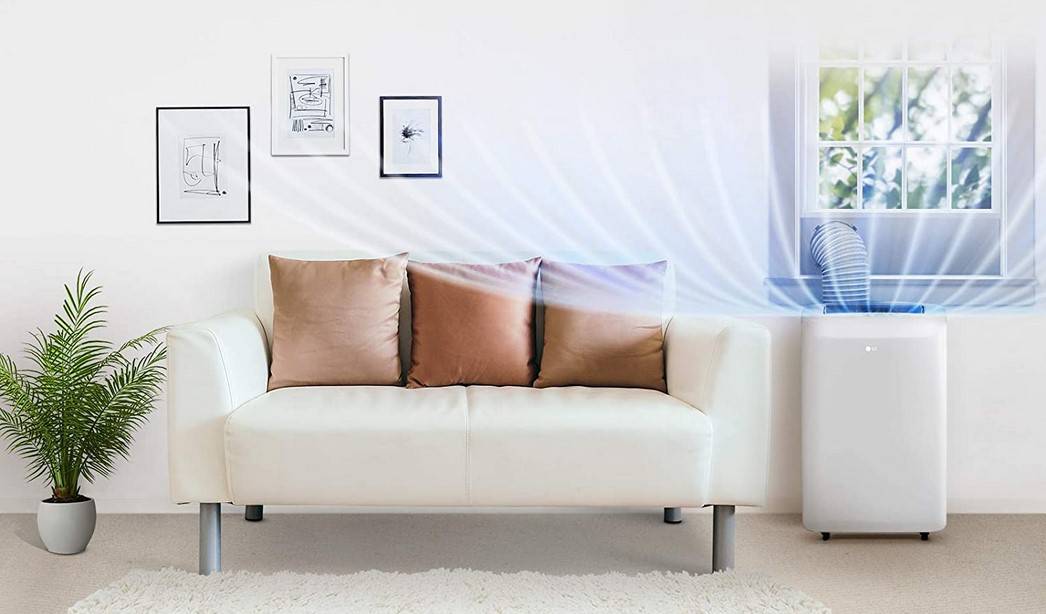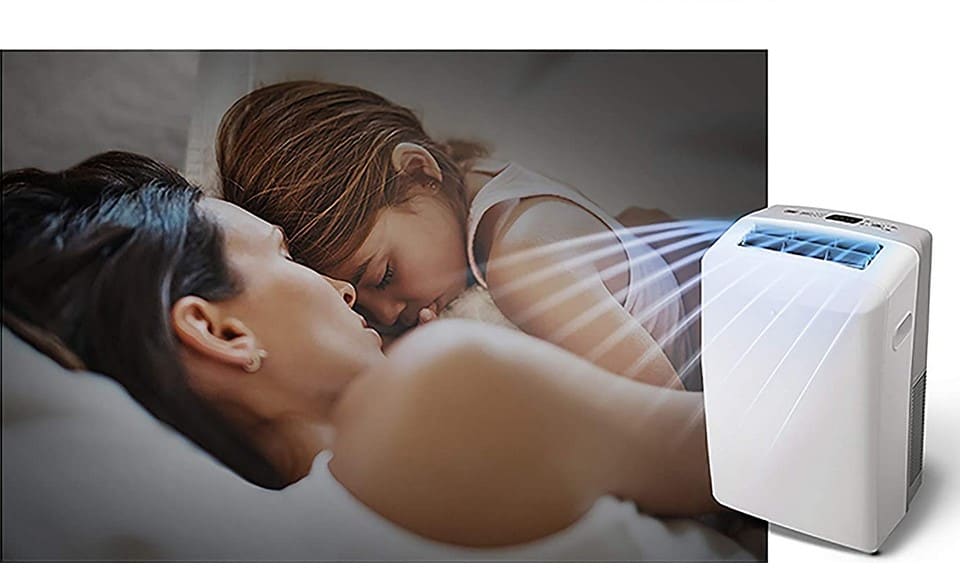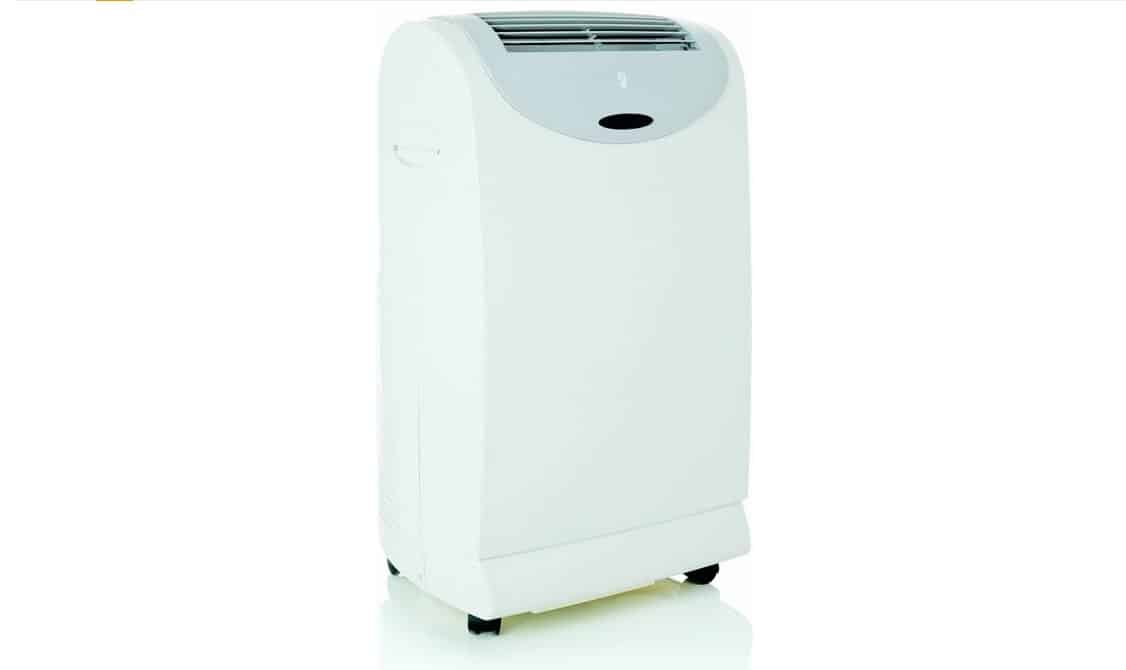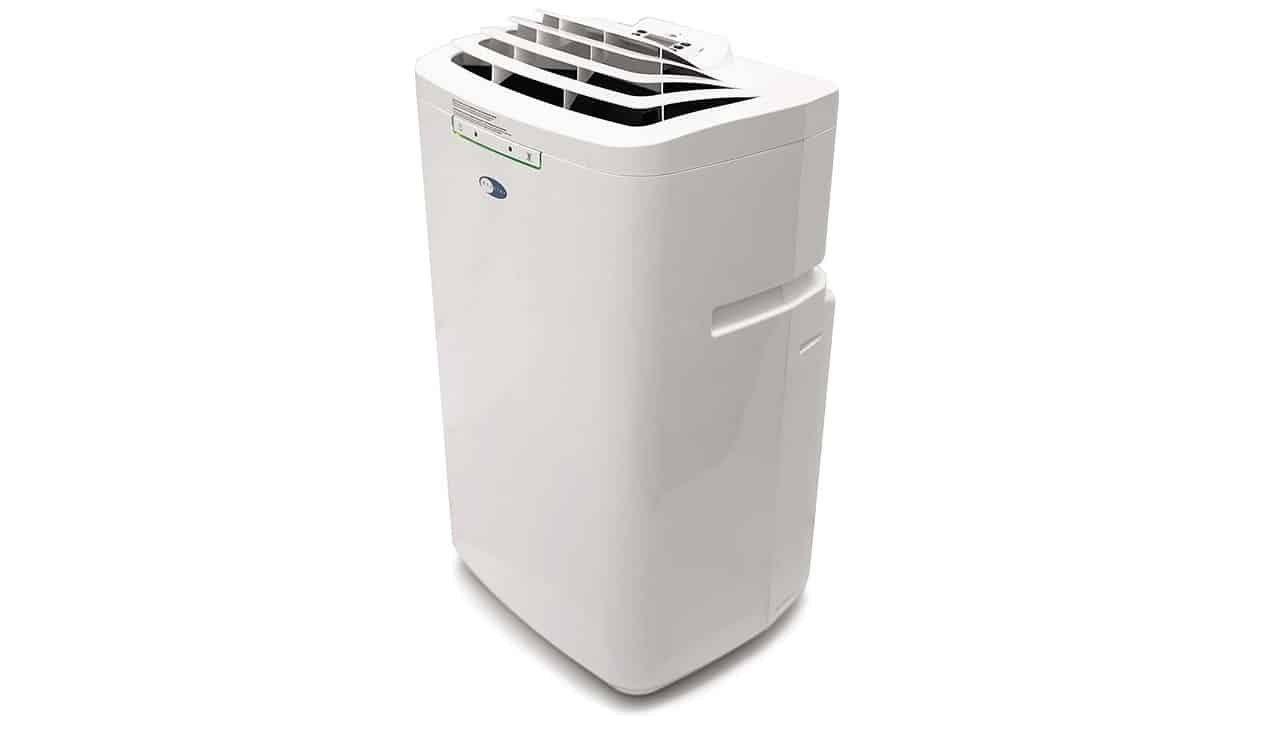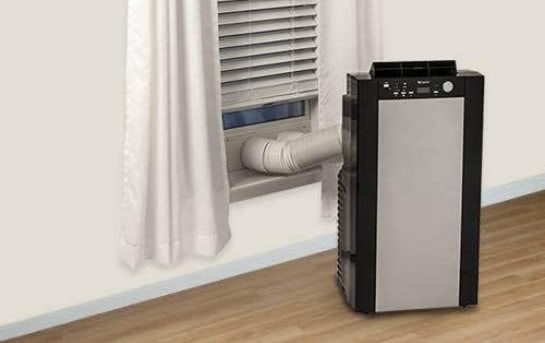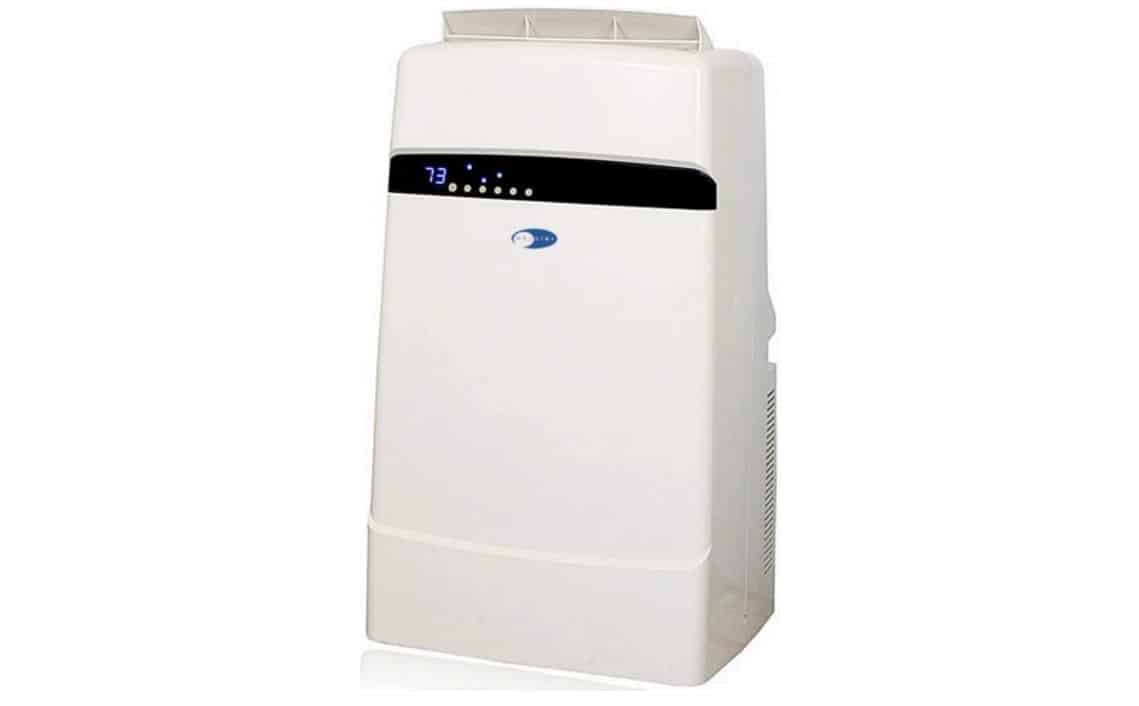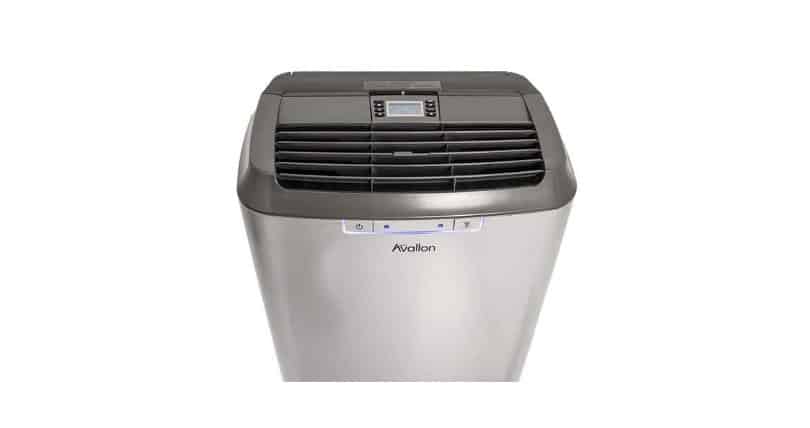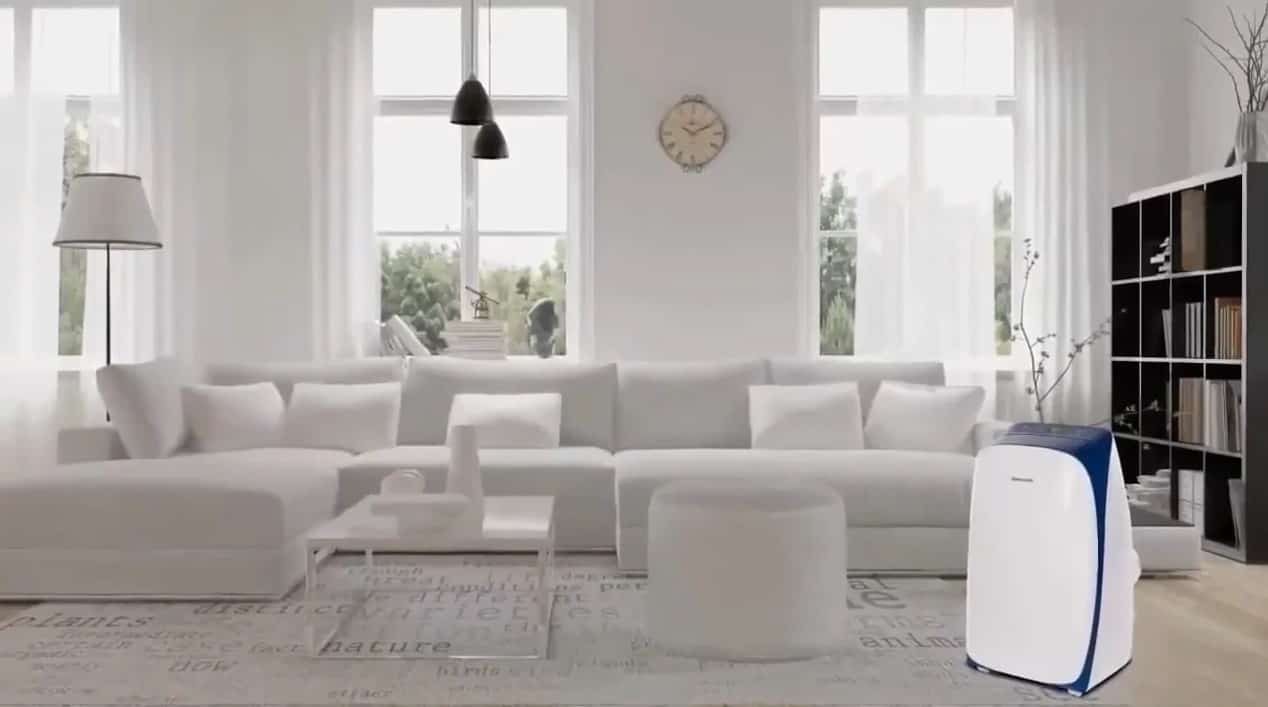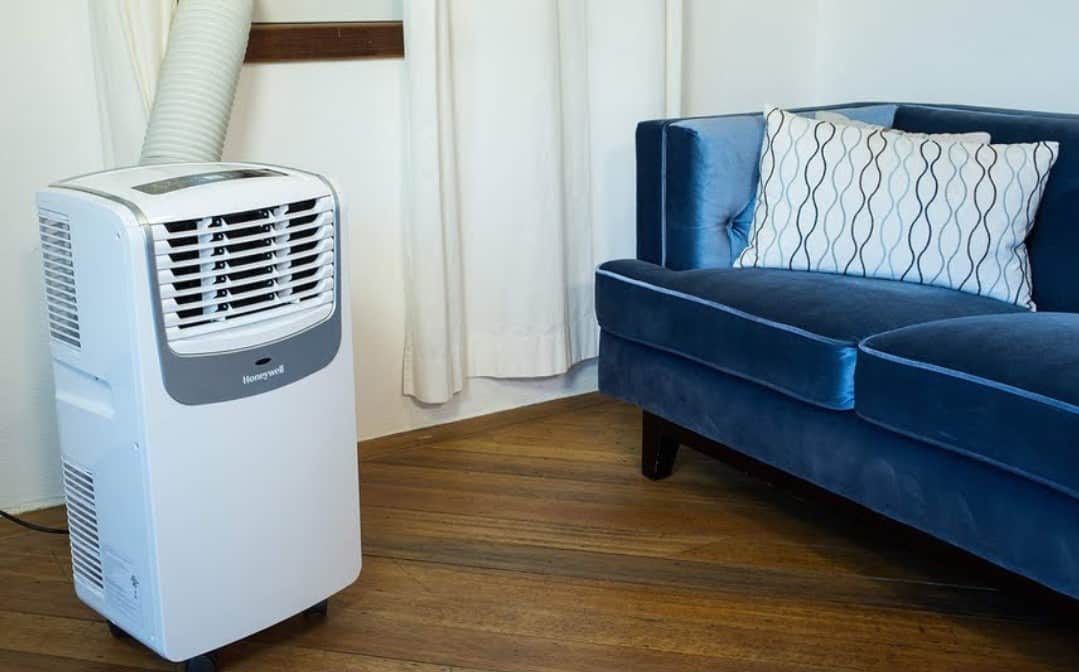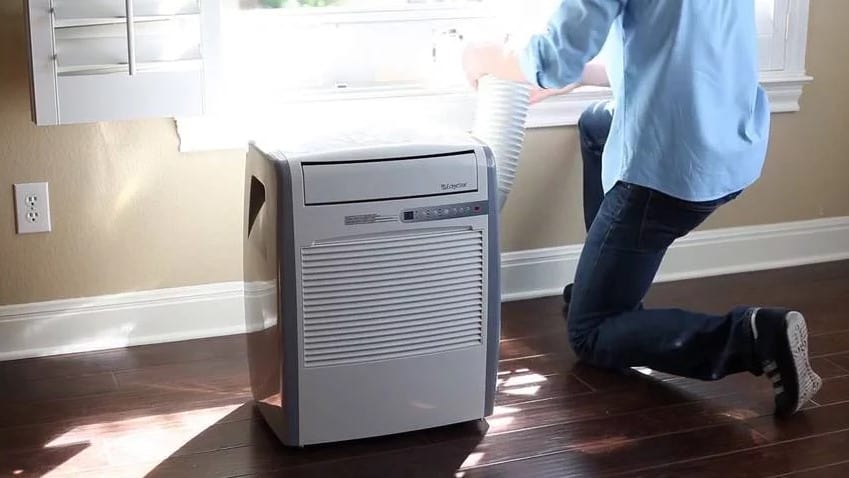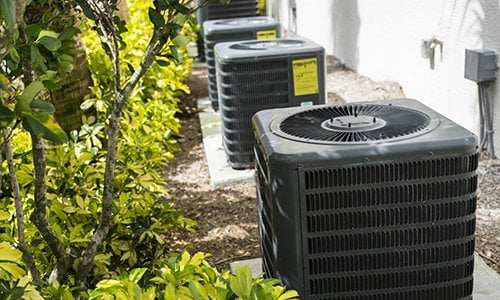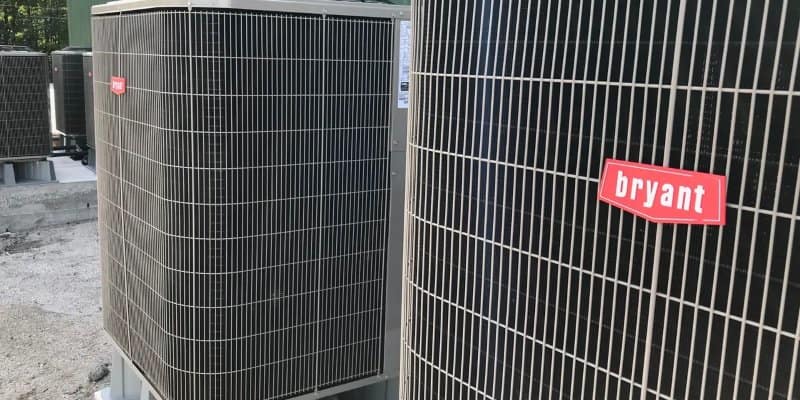The best Inverter air conditioners are high-precision, automated units purpose-built for superior efficiency, even when compared to the best air conditioners with conventional cooling designs. Inverter models adjust dynamically to the room, resulting in significant energy savings and a smaller carbon footprint.
While the initial cost of an inverter air conditioner may be higher than a standard model of comparable power, it’s offset with a much lower power bill without sacrificing performance. If you’re looking for the best energy-efficient window air conditioners, inverter models are the first ones you’ll want to consider.
Just like standard units, inverter AC units can vary considerably between models based on BTU output, EER, and Energy Star status, advanced features like remote control or WiFi connectivity, and filter types.
Keep reading our buying guide to learn more about the best inverter air conditioners and what they offer.
Top Inverter ACs
#1 Midea MAW08V1QWT U Inverter Window Air Conditioner
We’re sorry, this product is temporarily out of stock
Award: TOP PICK
WHY WE LIKE IT: It is easy to install because of its U-shape and can be controlled through voice or an app since it can connect to WiFi. It is also very quiet in its functioning and comes with a remote control.
- Very quiet functioning
- Support for app and voice control through WiFi connectivity
- Easy to install
- Not ideal for small size windows
The Midea U Inverter is an 8000 BTU air conditioner that is U-shaped for easy installation and flexible window opening. With a sound output of only 42 decibels, the unit is pretty quiet, and since it is WiFi-enabled, owners can choose to control it through an app or voice after integration with Google Home or Amazon Alexa. The unit’s use of inverter technology results in up to 35% of energy savings, making it an economical choice in terms of electricity costs. However, it is not ideal for small-size windows. You’ll want to visit our list of the finest small window air conditioners for little windows.
This air conditioner also comes with a support bracket to allow for easier installation and offers three fan speeds to choose from. Its functioning can also be programmed through its timer, and with a 4.92ft power cord, users will have a bit of flexibility in deciding where in the house to place it. The unit can also deliver good air circulation since it has a 20ft air throw, and since it also has a dehumidifying option, owners will also be able to reduce the amount of moisture in the air whenever it is too humid.
#2 LG LW1019IVSM Energy Star 9500 BTU Dual Inverter Window Air Conditioner
We’re sorry, this product is temporarily out of stock
Award: HONORABLE MENTION
WHY WE LIKE IT: It comes with wireless connectivity for app and voice functions and features multiple fan speeds for owners to choose from. It is easy to operate and install.
- Very convenient control through app or voice
- Low noise output
- Great for medium size rooms
- Heavy 63-pound weight
The LG LW1019IVSM can be categorized as a smart and great Window A/C unit because it supports WiFi connectivity since this allows for control through Amazon Alexa or Google Assistant. Similar to the LG 115v dual inverter smart window A/C, this LG A/C unit is fit for rooms up to 450 Sq ft in size, and since it is based on dual inverter technology, its operation is as quiet as 44 decibels when switched to sleep mode and is also very energy efficient. The AC unit offers up to four different cooling and fan speeds and has a cooling capacity of 9500 BTU. However, some might be discouraged by the heavy 63-pound weight during installation.
This high-end LG air conditioner unit has an airflow of 215 CFM, and both its remote and user panel are very user-friendly. Its filter is also easy to access, and since it is washable, owners won’t have to spend as much money on replacement costs. It can also be scheduled to switch off or start functioning at different times thanks to its 24hr programmable timer. You’ll want to read our Freidrich Chill premier review for another unit with a programmable timer.
#3 Pioneer WYS024G-19 Wall Mount Ductless Inverter Wall Mount Air Conditioner
Award: BEST FOR VERSATILE USE
WHY WE LIKE IT: It can be used for heating, air conditioning, dehumidification, and ventilation. It is also very easy to install and has a remote with an LCD screen to note the temperature at which the unit is operating.
- Has four operating modes
- It can be controlled wirelessly with added accessories
- Auto-restart function that saves settings in case of a power outage
- No check filter indicator
The Pioneer WYS024G-19 is a portable air conditioner that has an impressive 24,000 BTU cooling capacity. It is designed to be mounted on the wall and is therefore not fit for window mounting. The whole system consists of a ductless indoor section that features an attractive front panel and a heat pump that consists of a DC inverter compressor. It also comes with an LCD screen wireless remote and is ideal for rooms of about 300 to 450 Sq ft in size. Still, some might not like that it doesn’t come with a check filter indicator.
Owners will also have the option to purchase an outdoor unit bracket for mounting or a smart controller kit for remote control through a wireless Internet connection. Aside from air conditioning, the unit can also be used for heating, dehumidification, or even ventilation. It is ideal for both home and light commercial use, and since it relies on inverter technology, it is also very energy efficient. Its auto restart function restarts it with previously set settings in case of a power outage, and it also comes with a night mode that is key for adapting to the current temperature settings for added comfort when sleeping.
#4 Della 12000 BTU Mini Split Air Conditioner
Award: BEST FOR QUIET OPERATION
WHY WE LIKE IT: With a maximum noise output of only 40 decibels, it is very quiet in its functioning. It also has a wide range of smart features, and its remote has a sensor for making on-the-spot temperature changes and adjustments.
- Very innovative smart features
- Has a 24-hour timer
- Very low noise output
- Might be difficult to install
This Della mini split air conditioner boasts a cooling capacity of up to 12000 BTU and comes with a heat pump as well as a dehumidification function. It comes with a 24-hour timer for programmed functioning, and with a noise output of only 41 decibels, it is easily one of the quietest alternatives in the market. The unit is ideal for areas up to 750 Sq ft in size, and its remote has a smart sensor that will pick up on the exact room temperature based on where it is so that it can be adjusted to deliver real-time changes. Unfortunately, previous users found it quite challenging to install.
This leading WiFi smart A/C unit also features many smart features that some users may find to be quite innovative. For instance, it comes with a self-diagnosis/cleaning mode for easy routine maintenance and an eco-energy saving mode to keep consumption costs low and manageable thanks to its use of Inverter technology. Users will also be able to alternate between multiple fan speeds.
#5 Innovair 12000 BTU Ductless Wall Mount Mini Split System and Air Conditioner
Award: BEST FOR EFFECTIVE FILTRATION
WHY WE LIKE IT: It has multiple filters that efficiently clean the air. It also comes with an elaborate remote to make quick changes and has four operating modes to choose from.
- Very easy to install
- Multiple filters for efficient air cleaning
- WiFi connectivity for app control
- Might be difficult to install for some
The Innovair ductless mini-split air conditioner is an ideal unit with a cooling capacity of up to 12000 BTU. It allows for WiFi connectivity and uses Inverter technology to keep energy costs low and under control. The unit can operate in either AC cooling or heat pump heating mode and comes with a 16ft installation kit. The unit can also be set to dehumidify and eliminate moisture in a room. Unfortunately, it might be challenging to install for some.
This AC unit comes with a very efficient filtration system. It features an aroma filter, a Catechin filter, a vitamin C filter, and a HEPA filter for really clean air. It comes with a remote that also has an LCD screen to monitor the current temperature in a room and make adjustments accordingly. It is ideal for both home and light commercial use, and its elaborate remote allows users to adjust all the settings they need to without walking up to it.
#6 Klimaire Ductless Mini Split Inverter Air Conditioner
Award: BEST FOR ADVANCED FEATURES
WHY WE LIKE IT: It has a wide range of advanced features that make it easy to operate. It has a self-cleaning function, a refrigerant leakage detector, optional WiFi capability, and easy-to-access washable filters. It also has a low noise output.
- Wide range of smart features
- Filters are washable and easily accessible
- Has an automatic self-cleaning function
- It might be hard for users to install by themselves.
The Klimaire Ductless Mini split air conditioner offers a cooling capacity of up to 12000 BTU, making it perfect for areas of up to 550 Sq ft. The AC unit is a complete system that comes with both an indoor and an outdoor unit and a 15ft installation kit, which is great because owners will not need to buy this separately. The unit also comes with an auto-restart feature that will have it power back up with the same settings after a power outage and guarantees quiet operation thanks to a super low 25-decibel noise output. However, some previous owners found it hard to install themselves.
The AC unit’s remote also comes with a sensor so that the temperature adjustments that are made can be felt wherever it is, and since it comes with an auto-clean function, owners won’t have to worry about dirt collecting inside. The AC unit also has a timer for scheduled functioning and comes with washable filters that can be quickly taken out for cleaning.
Inverted Air Conditioners Versus Other Air Conditioners
The main difference between inverter or dual inverter air conditioners and traditional air conditioning units is that inverter AC units continuously regulate air temperature by controlling compressor motor speed. In contrast, standard units have only stop and start cycles.
Instead of indiscriminately blasting out cool air at the same power regardless of the specific size and conditions inside the room, the advanced technology of inverter models allows them to use as much cooling power as needed to achieve and maintain the desired room temperature. Along with the use of a capacitor in the air conditioner, it’ll jolt your A/C enough to begin the cooling process as needed.
This means that inverter models can be 30-50% more efficient than traditional models, significantly reducing energy consumption. Moreover, the fact that they don’t have large and sudden fluctuations in cooling load and energy use can increase the lifespan of inverter units compared to traditional ones since they’re not always working at 100% to do the job, which increases wear and tear on components.
These models’ more advanced inverter technology (especially those with a dual inverter compressor) means they’re more expensive than standard indoor units. The price can sometimes be significantly more depending on what advanced features (remote control, WiFi connectivity, smart features, etc.) specific models have. However, the increased price of entry will be offset by the significant savings in your monthly power bill and an increased lifespan, both depending on use.
How Inverter Air Conditioners Work
The basic functionality of inverter air conditioners is the same as conventional window units. Warm air and humidity are sucked out of a room as a refrigerant chemical cools an evaporator coil. Fresh outside air is sucked into the unit, passing through the cooled evaporator coil and entering the room as cool air. The cycle continues until the desired temperature is reached.
The difference with inverter AC units is that instead of delivering a continuous and fixed amount of cooling power and essentially blasting the room with cool air until the desired temperature is reached, inverter units use variable amounts of cooling power based on the thermostat-detected room size, humidity, and temperature. In this way, it delivers only the amount of cooling power necessary to keep the room at a stable comfort level.
This allows inverter units to maintain consistent room temperature without any energy waste, making them highly efficient without sacrificing performance.
Why Should You Buy an Inverter Air Conditioner?
Inverter AC systems offer more stable, consistent temperature control than conventional models for rooms of various sizes, comparable to that of a central air conditioner.
If you are willing and able to make a bigger investment upfront but would like to save money in the long run on your power bill, the 30-50% increase in efficiency can wind up making up for the extra cost within two years of regular use.
Inverter AC units also tend to come with additional features like Wi-Fi control, LED display, 24-hour timer, eco mode, and sleep mode, regardless of their size, and unlike conventional models, larger inverter AC units don’t lose overall efficiency as BTU output increases.
Another benefit of their stable, efficient functionality is a potentially longer lifespan. Extreme, fast fluctuations in cooling load don’t happen, and the components aren’t constantly running at 100% output. This reduces wear and tear on the unit, which is a significant factor in the lifespan of all AC units.
Is an Inverter Air Conditioner Worth Buying:
- You’ve got the budget upfront but want to save on energy costs: Even the cheapest inverter AC units are more expensive than conventional models. If your budget allows for a bigger upfront investment, you’ll wind up making up for it within two years of regular use via the savings on your power bill.
- You need air conditioning year-round: If you need air conditioning year-round and don’t mind the initial payout, inverter AC units offer more reliable, stable performance at lower energy costs. And the wear and tear that constant year-round use has on conventional units aren’t as much of a factor, potentially increasing a unit’s lifespan.
- You want to reduce your carbon output: If you’re an eco-minded consumer concerned with your carbon footprint, an inverter AC unit will lower your power use significantly while providing stable, reliable performance.
- You want “set it and forget” reliability and performance: Since inverter air conditioners dynamically adjust cooling output to room conditions, they’re able to maintain a more stable and consistent room temperature. Without the need to adjust controls manually, they are great if you need to maintain air temperatures when you’re not home.
Why an Inverter Air Conditioner May Not Be For You:
- You’ve got a limited budget upfront: Though their high performance means huge energy savings in the long run, the initial higher cost of quality inverter units compared to conventional models can be too much for some budgets.
- Repairs are more expensive: Along with their higher initial cost, the more advanced components and the greater number of internal parts of inverted AC units mean that repairs and parts replacements are also more expensive.
- More moving parts and components increase the chance of damage: Inverter AC units have more small moving parts and components than traditional units, increasing the chance for damage that would require a repair or part replacement.
How Long Will an Inverter Air Conditioner Last?
The average lifespan for conventional air conditioners is around ten years with regular use, but the high efficiency and stable performance without the sharp fluctuations in the power draw of traditional units mean inverter AC units often have longer lifespans under the same conditions and use.
With proper care, an inverter unit can be expected to last well over ten years, and many manufacturers offer warranties that will cover up to five years. That said, the main factors that affect the life of traditional units are the same for inverter AC units:
Conditions and Frequency of Use
Just like a standard air conditioner, an inverter AC unit that’s used year-round will incur more wear and tear than one that’s used only seasonally or periodically, potentially affecting its lifespan. Inverter units are also more complex than traditional models, having more moving parts, so chances of damage are somewhat higher even with normal use. Some air conditioners have a Seasonal Energy Efficiency Ratio rating that can help consumers determine their efficiency based on periods of use.
Cleaning and Maintenance
Regularly cleaning an inverter air conditioner’s filters will allow for proper airflow, ensuring the components aren’t working too hard to do their job. Overly stressed parts are more likely to malfunction or break down and can, over time, compromise the life span of the entire unit.
Direct Sunlight
Like traditional air conditioners, constant exposure to direct sunlight on the unit’s chassis will cause components to heat up, especially the evaporator coil. This reduces its effectiveness at cooling incoming air during the air conditioning cycles. This is a less obvious source of wear and tear, but it’s one you need to be aware of.
Whenever possible, install your AC unit in a north-facing window with as much shade as possible.
How to Choose an Inverter Air Conditioner
Now that you’ve decided to purchase an inverter air conditioner, you should take a look at the factors and features that will help you choose the right model for you.
Best Inverter Air Conditioner Key Factors
1. What Is Its Cooling Power or BTUs?
Like in conventional AC units (except portable air conditioners), the higher the BTU rating, the lower the efficiency of an inverter air conditioner. This is mitigated by the higher overall efficiency of inverter units. However, the difference in overall efficiency between a 5000 BTU inverter unit and a 10,000 BTU one is far less significant than it is between two conventional units with the same respective BTUs.
2. What Is the Energy Efficiency Ratio Rating?
After BTUs, the efficiency of an air conditioner (including inverter models) is measured by its Energy Efficiency Ratio calculated by dividing the unit’s BTU rating by the unit’s wattage, expressed as EER rating = BTUs x Power in Watts.
As an example, a 5000 BTU/500W model will have an EER rating of 10. The U.S. Department of Energy recommends air conditioners with an EER rating of 10 or above as the most efficient air conditioners.
3. Is it Energy Star Certified?
Energy Star is a joint program of the U.S. Department of Energy and the E.P.A. that promotes energy efficiency in home appliances. Any appliance with an Energy Star symbol clearly displayed is certified by the program to use at least 10% less energy than comparable models.
The majority of U.S. states offer rebates with the purchase of Energy Star products, which makes them an even better choice for consumers who prioritize budget-friendly efficiency.
4. How Noisy Is It While Running?
Inverter air conditioners are often far quieter than conventional units in their BTU class. They don’t have large spikes in volume due to their automatic variable output since they’re generally running for long periods but rarely at maximum output. This makes them especially good for light sleepers who may need to have AC running overnight but may be disturbed by the noise they produce.
5. How Fast Does It Cool A Room?
Non-inverter air conditioners have a fixed cooling speed, outputting a fixed temperature of cooled air to maintain the desired room temperature. Inverter models, by contrast, provide precise air conditioning based on room size and ambient conditions, cooling the same size spaces much more quickly and efficiently.

![Best Inverter Air Conditioners in [year] 1 best inverter ac](https://www.gadgetreview.dev/wp-content/uploads/best-inverter-ac-image.jpg)


![Best Inverter Air Conditioners in [year] 2 Pioneer Air Conditioner WYS024G-20 Wall Mount Ductless...](https://m.media-amazon.com/images/I/41LhuU0P4tL._SL160_.jpg)
![Best Inverter Air Conditioners in [year] 4 Our #4 Pick is the Della 12000 BTU Mini Split Air Conditioner](https://m.media-amazon.com/images/I/41zmyIW1h6L._SL160_.jpg)
![Best Inverter Air Conditioners in [year] 5 Our #5 Pick is the Innovair 12000 BTU Ductless Wall Mount Mini Split System and Air Conditioner](https://m.media-amazon.com/images/I/41mstbgqm9L._SL160_.jpg)
![Best Inverter Air Conditioners in [year] 6 Our #6 Pick is the Klimaire Ductless Mini Split Inverter Air Conditioner](https://m.media-amazon.com/images/I/41CW50tTYbL._SL160_.jpg)


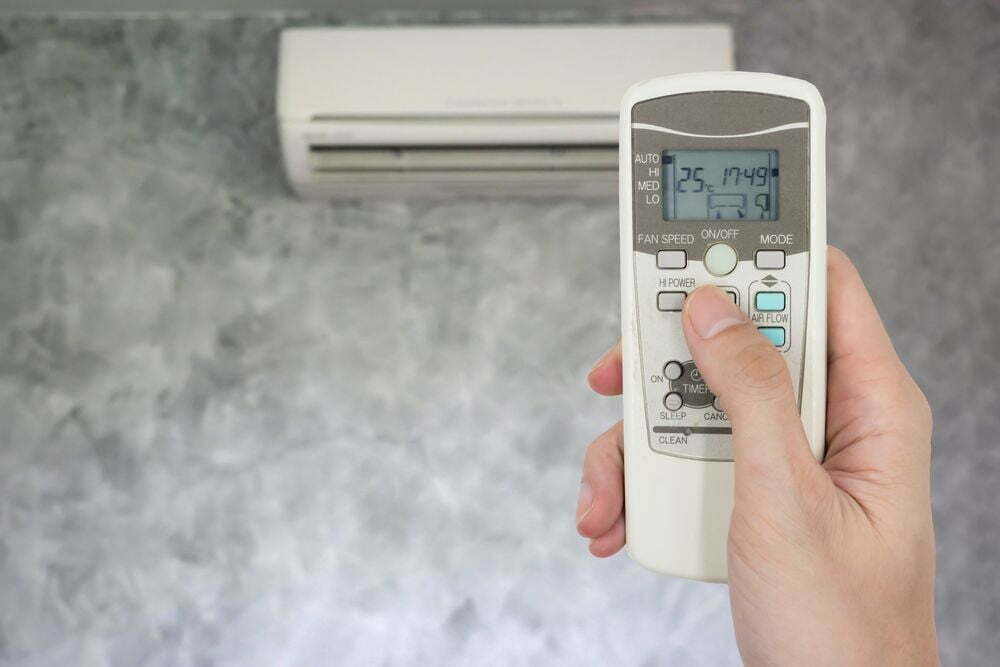
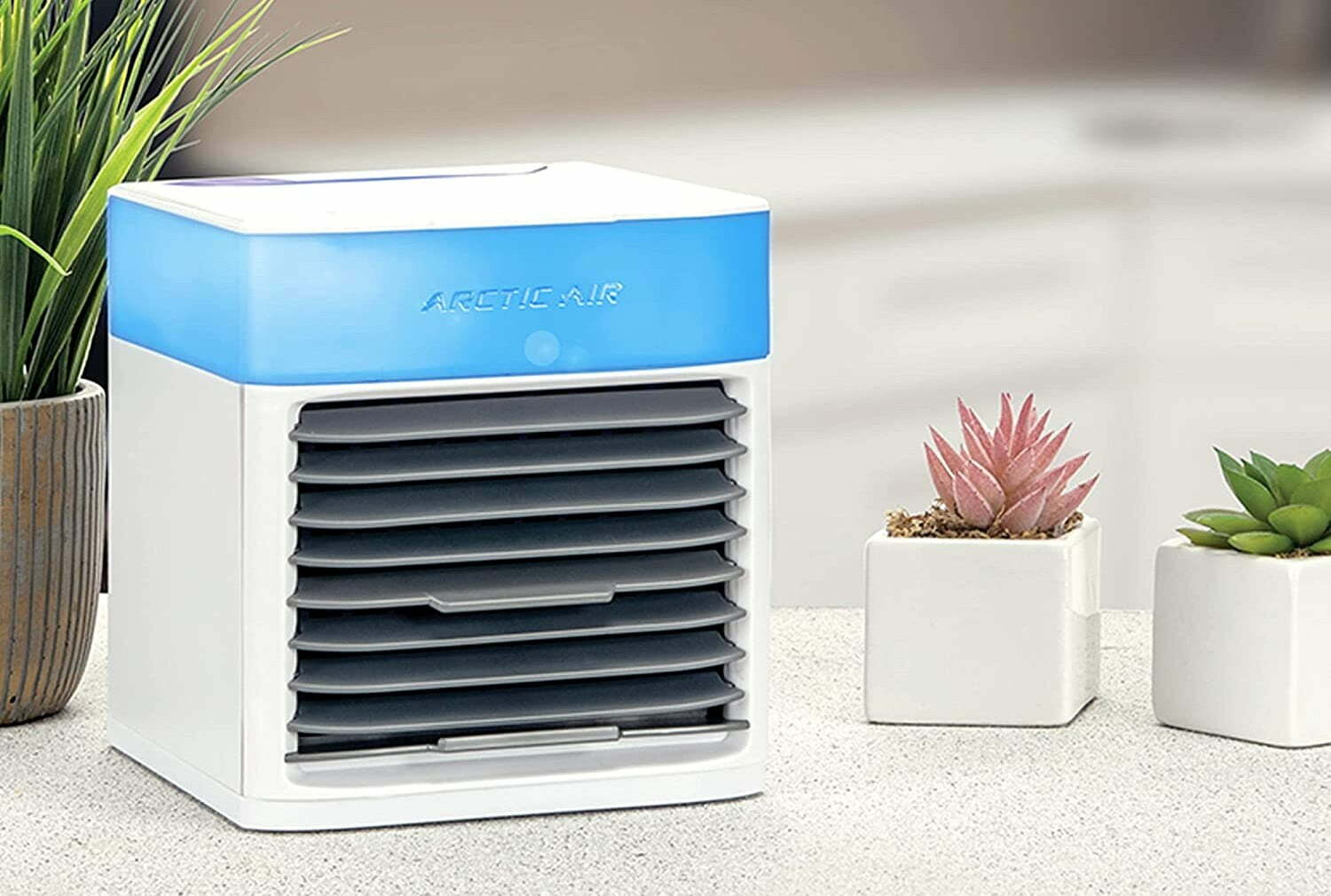
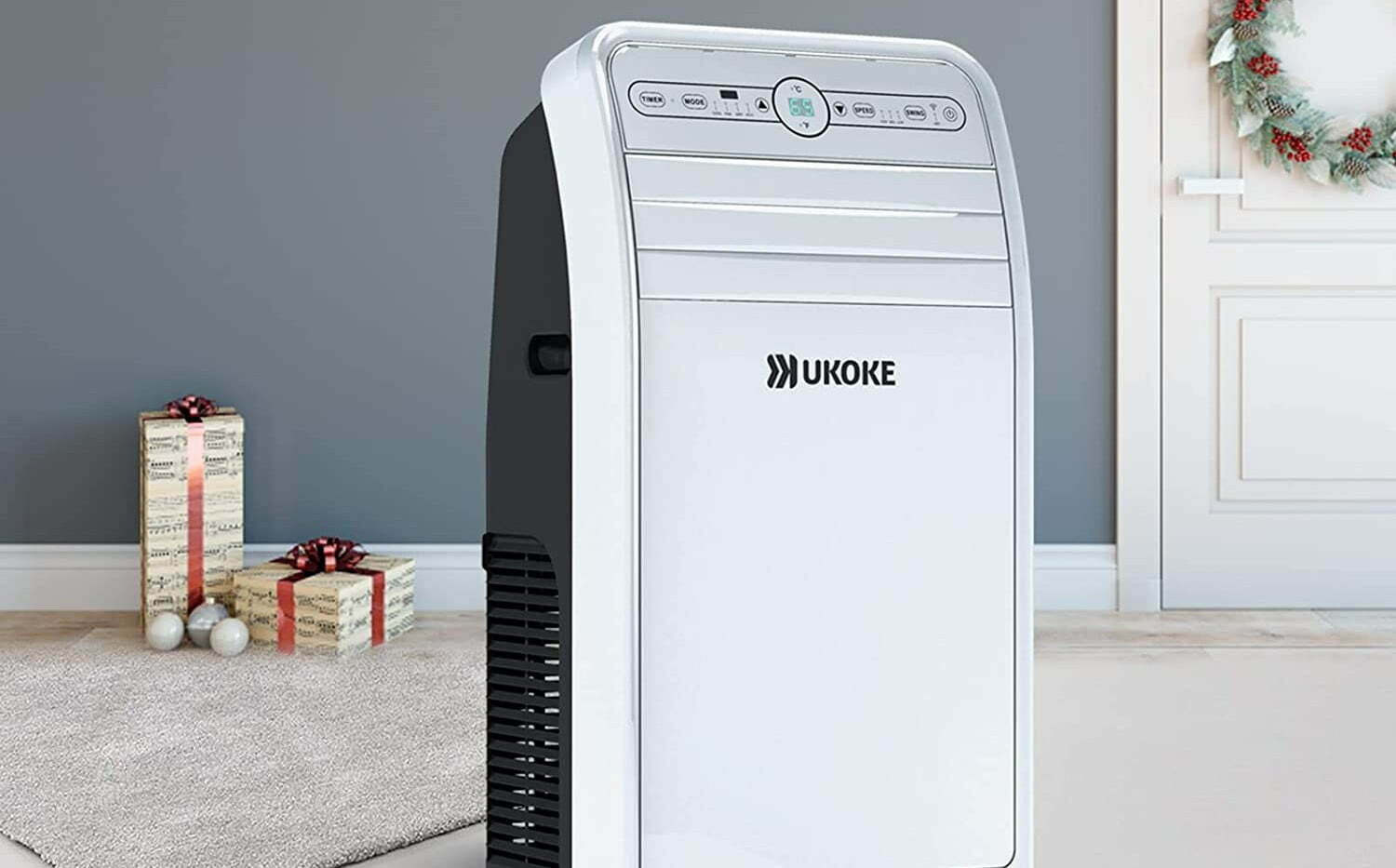
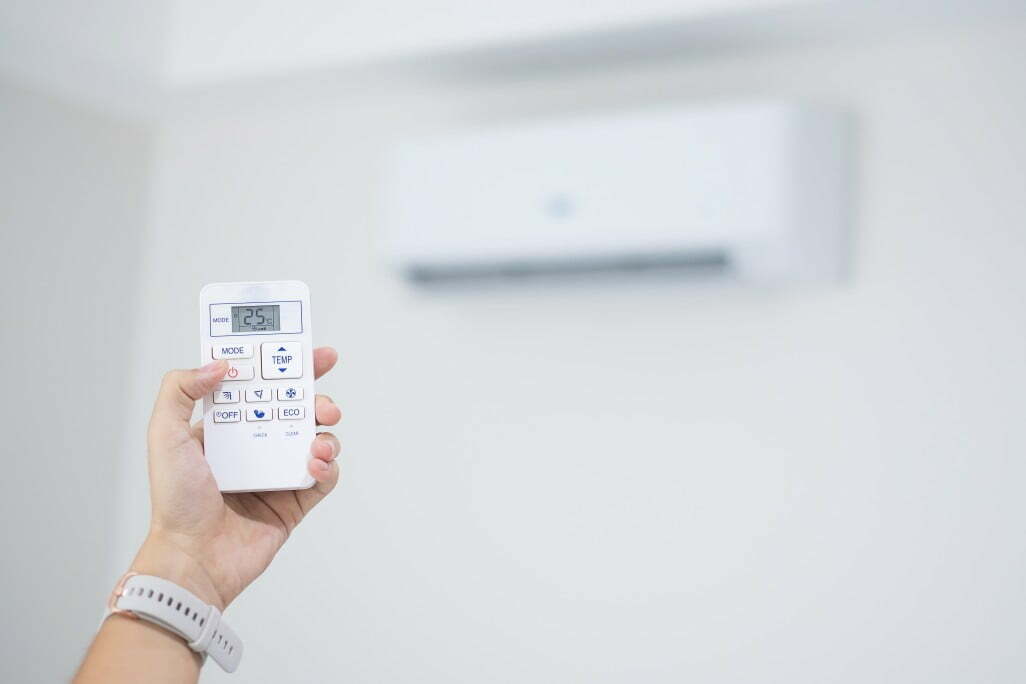
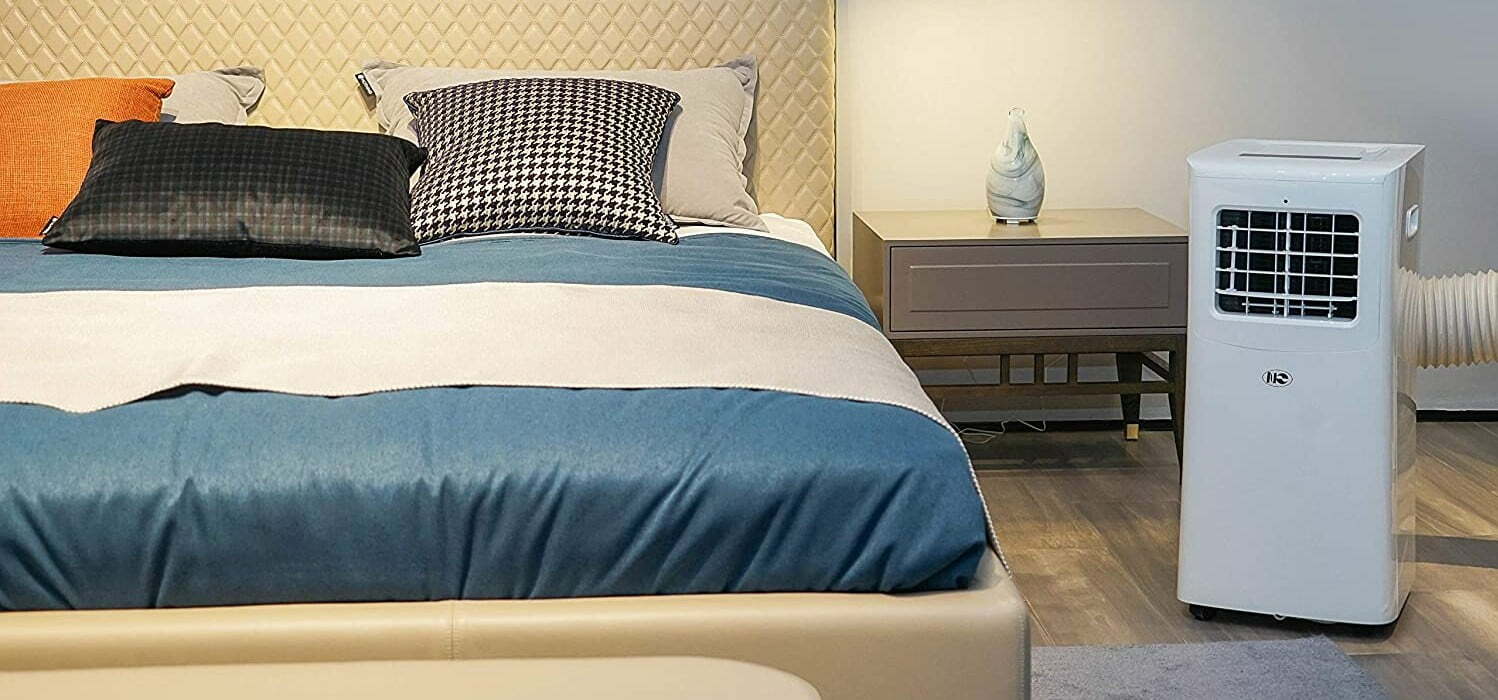
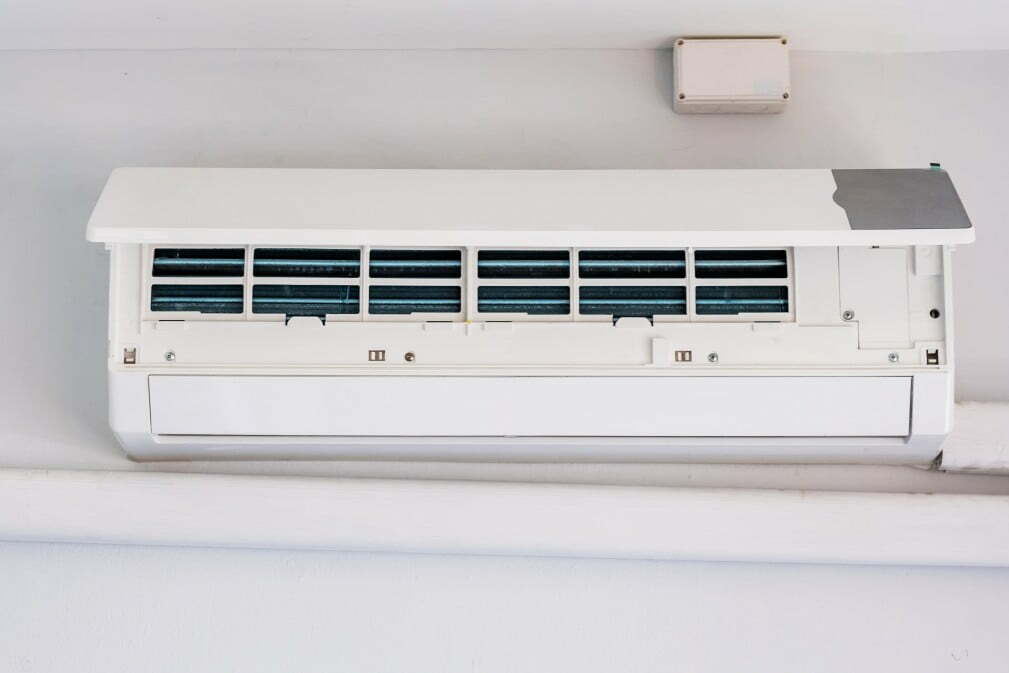
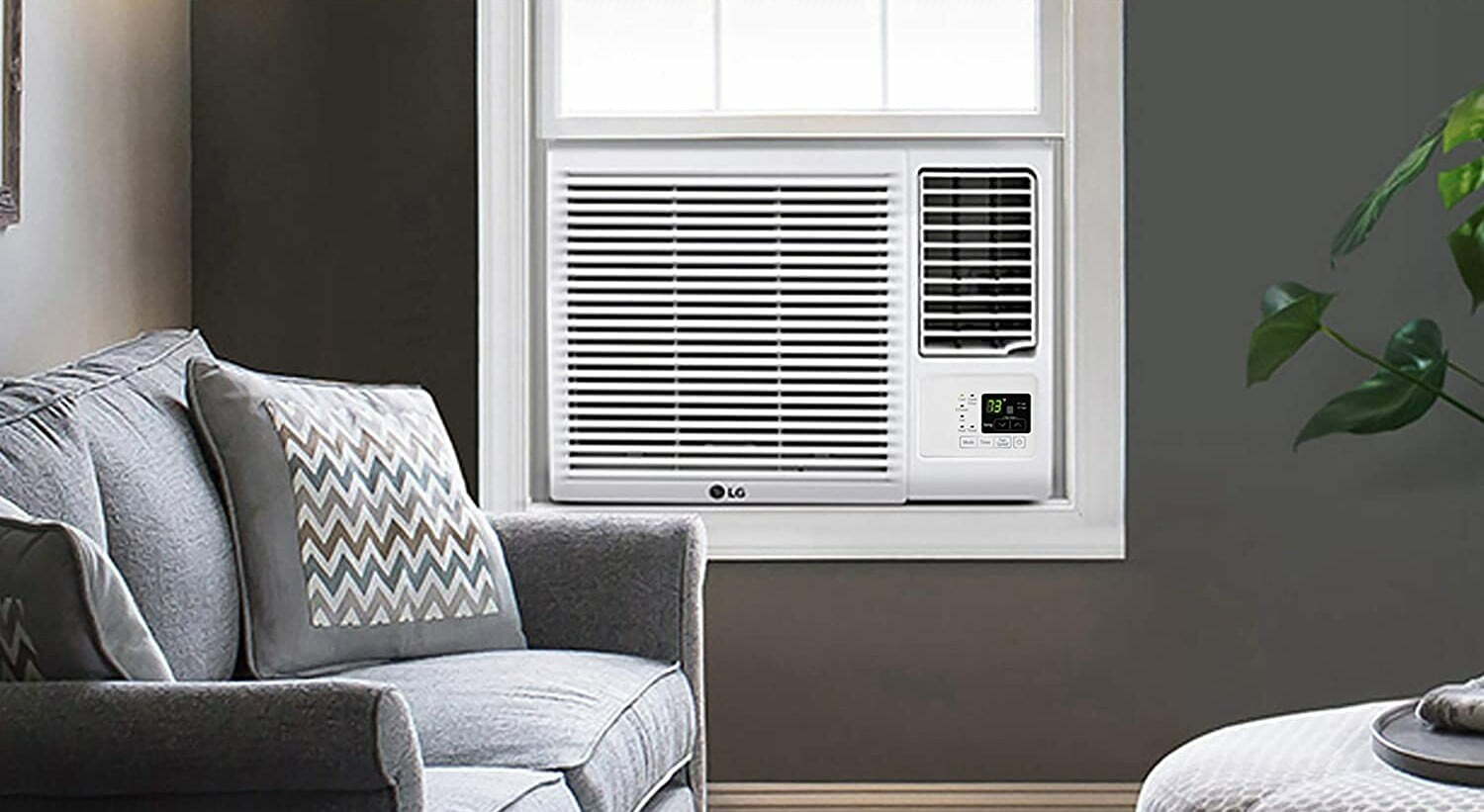
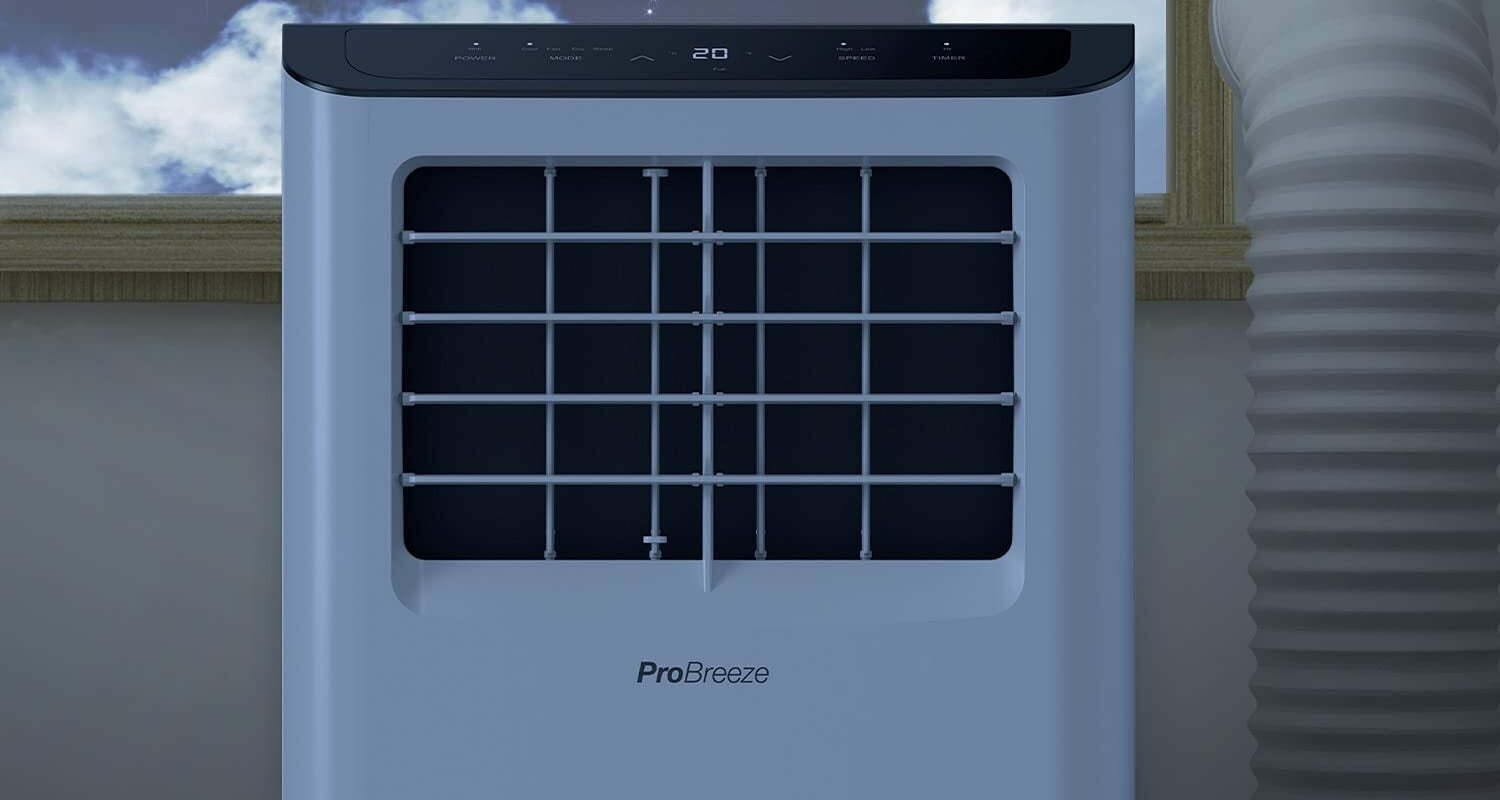
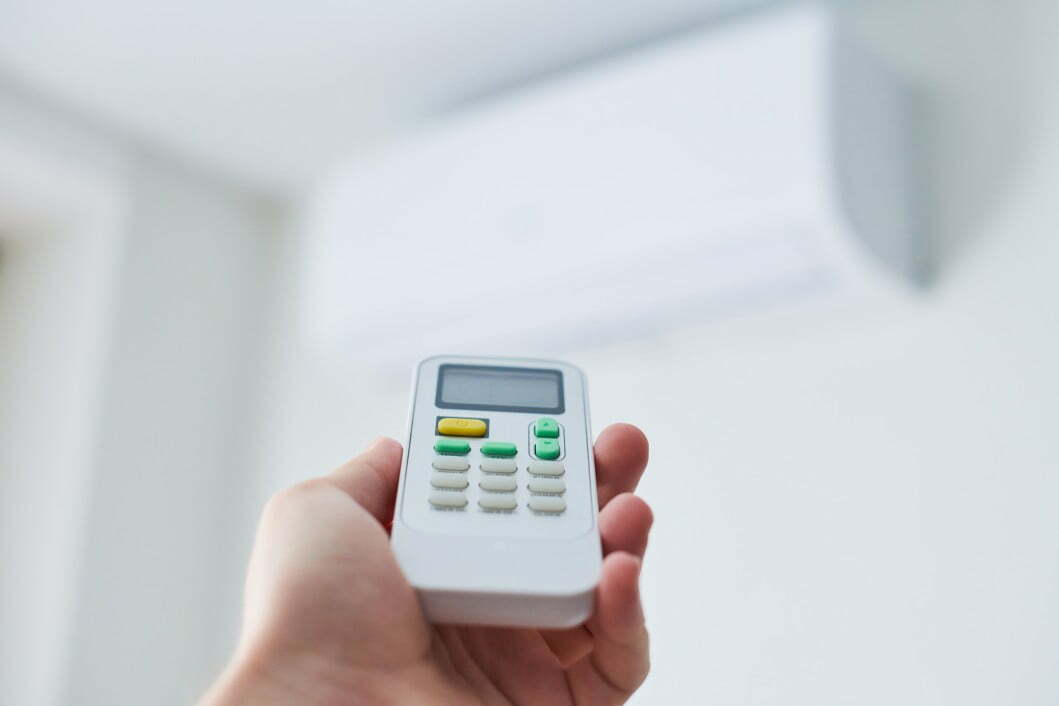
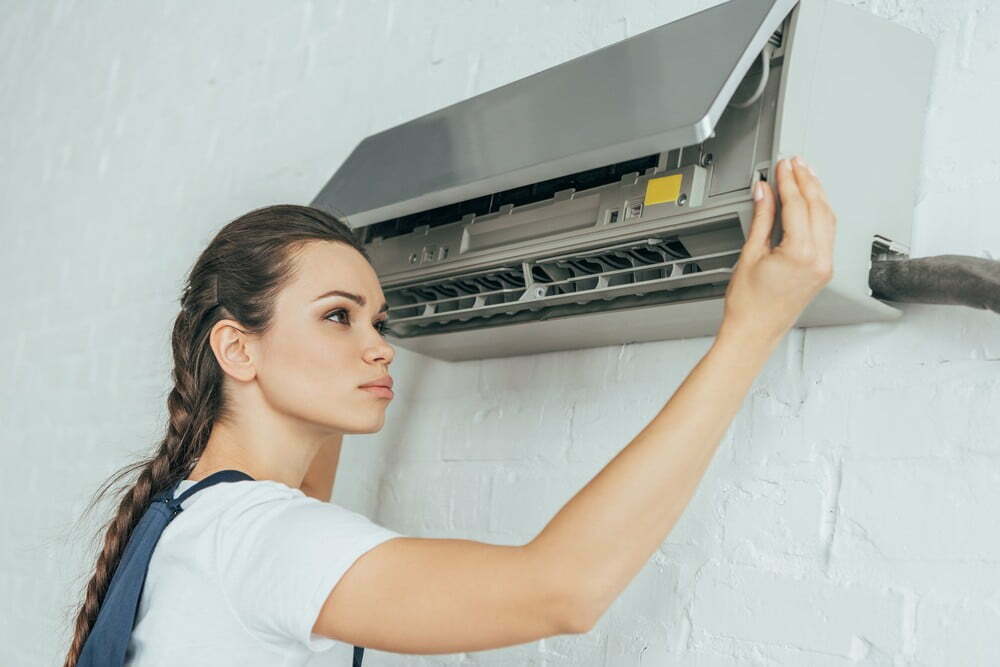
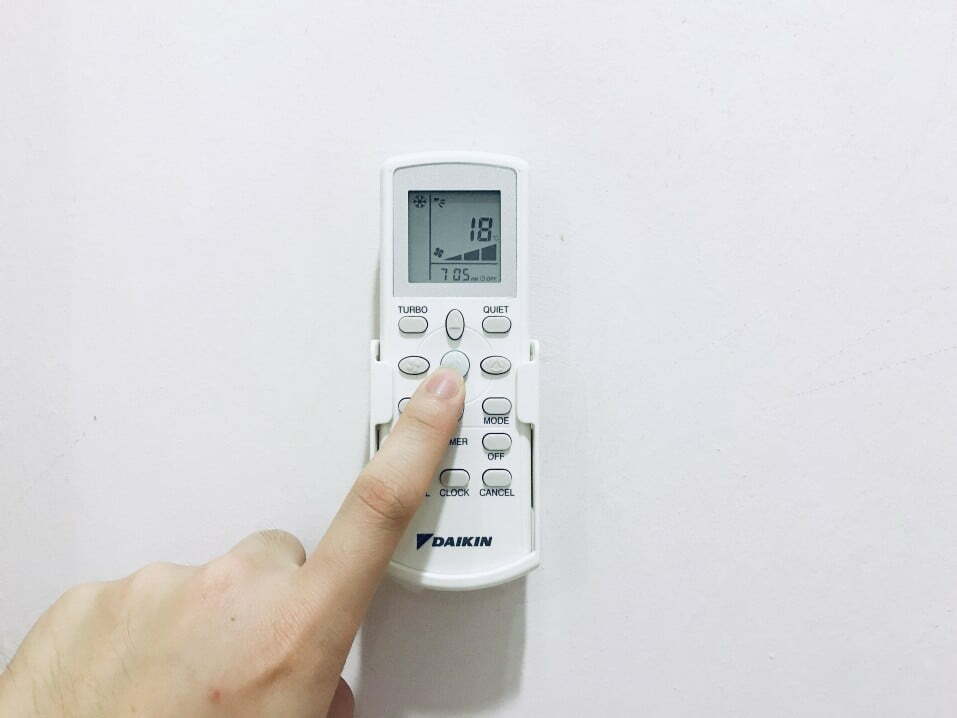
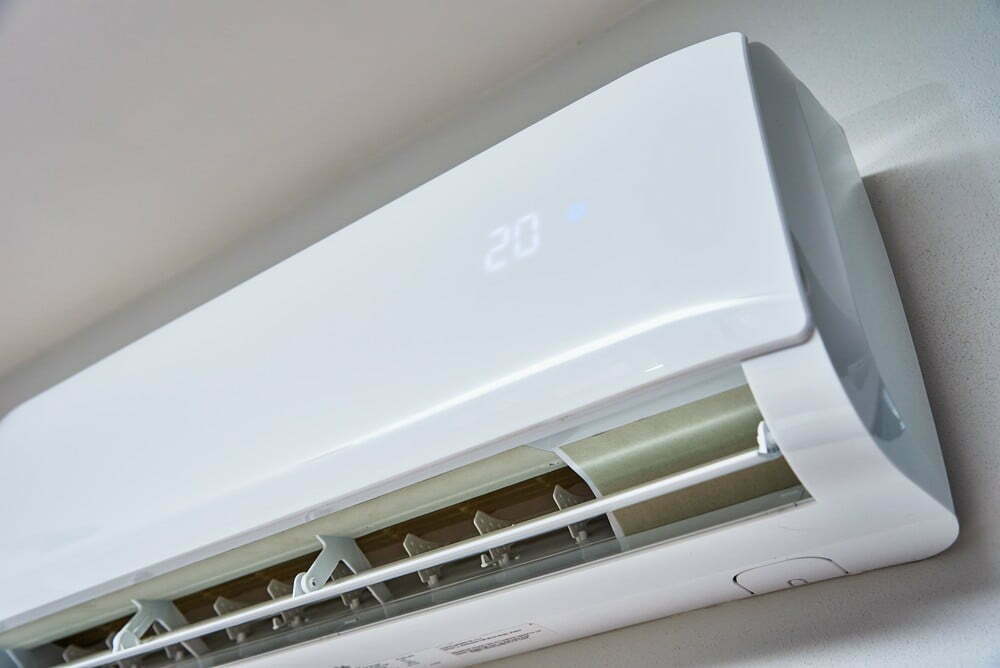
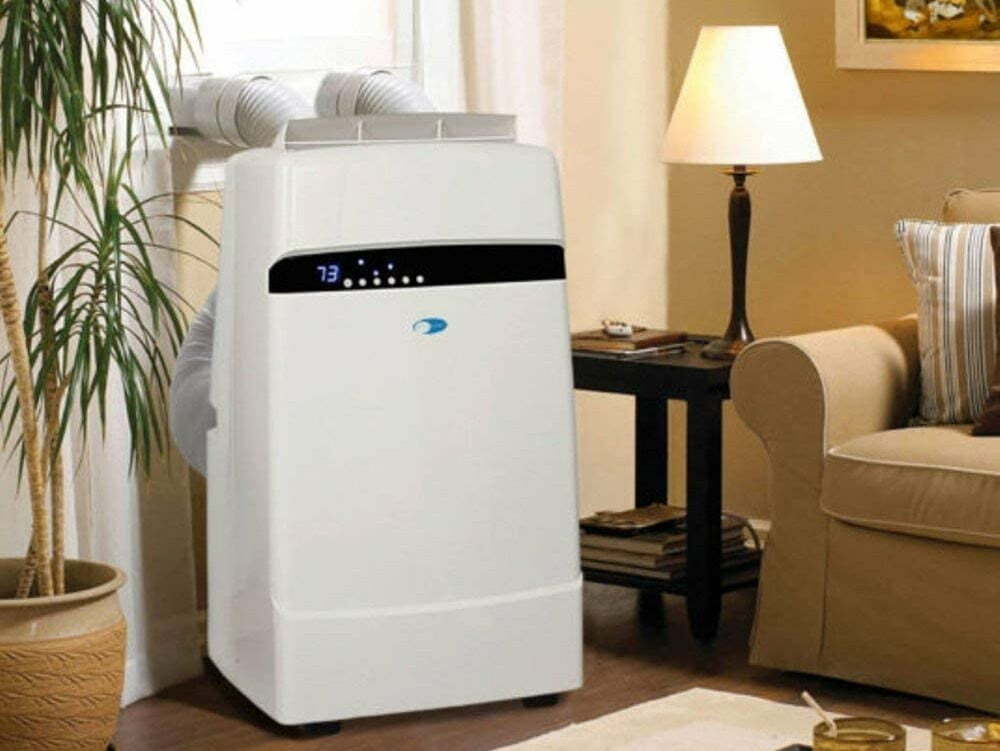
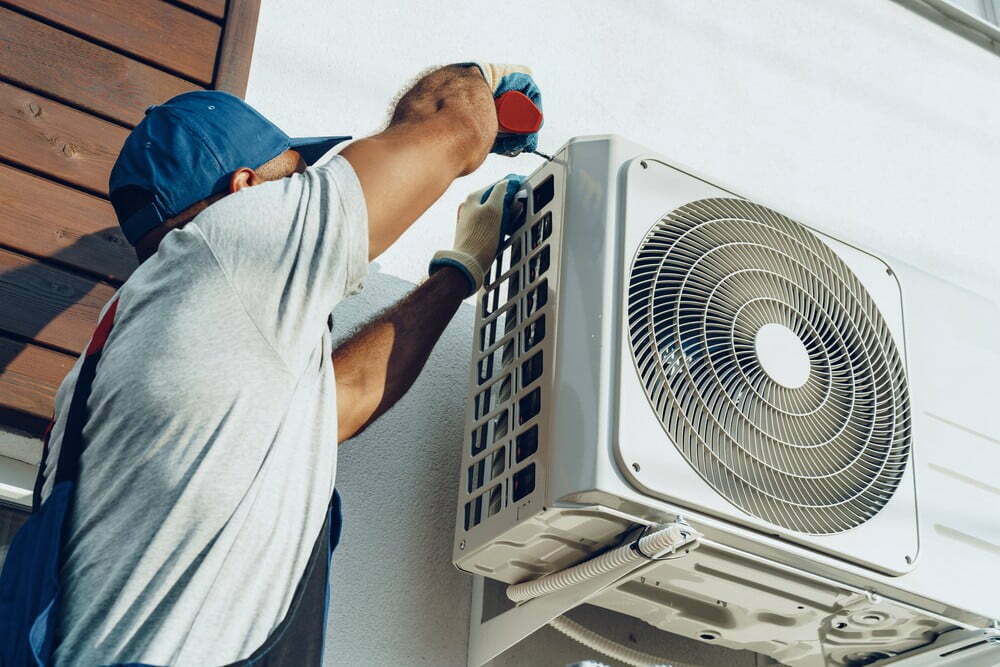
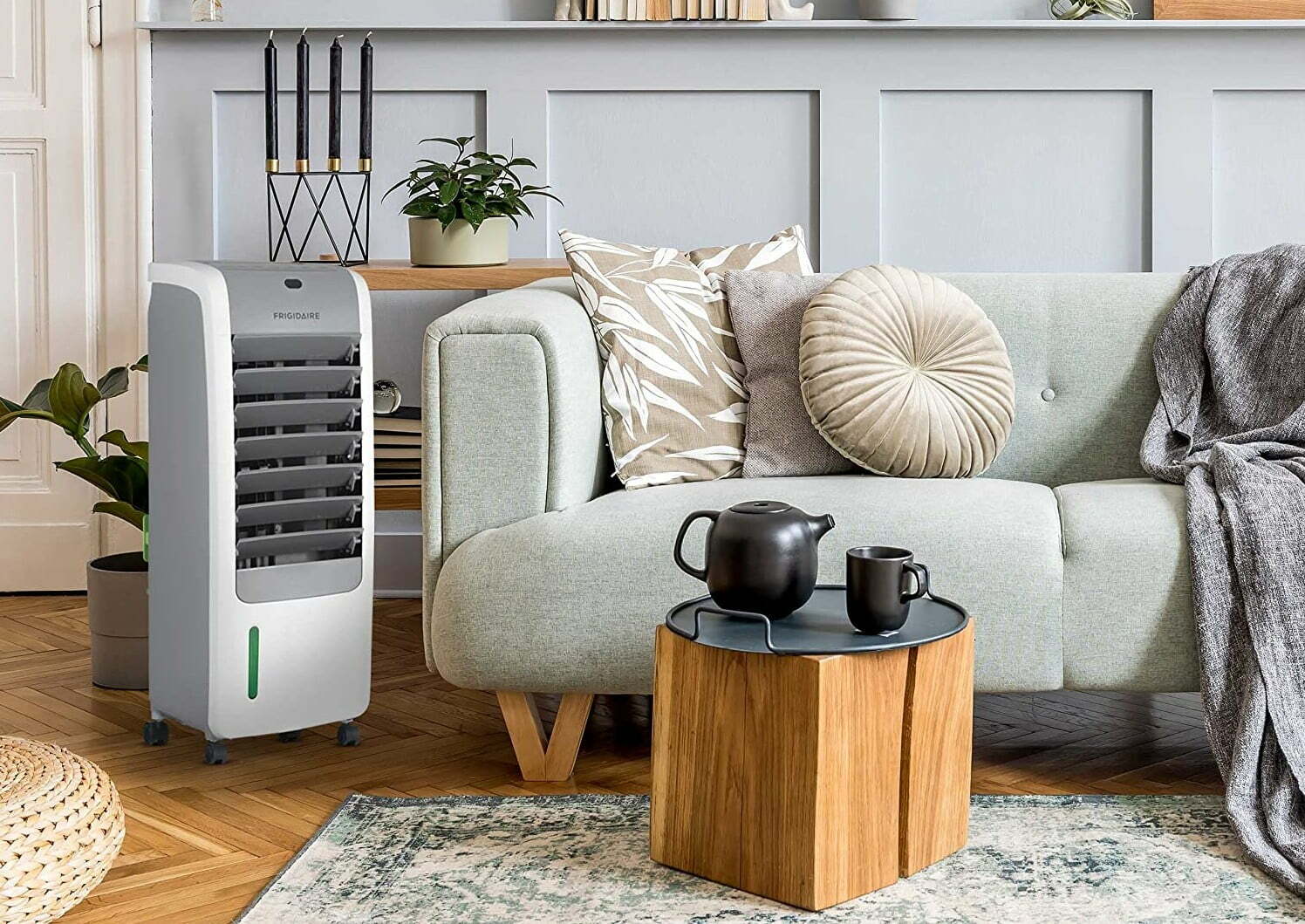
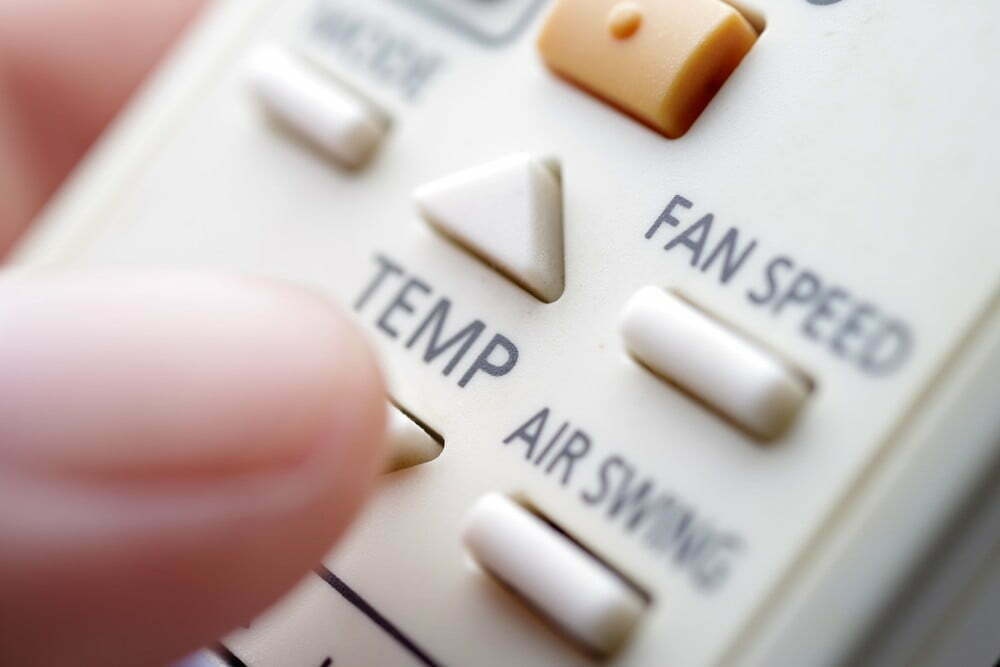
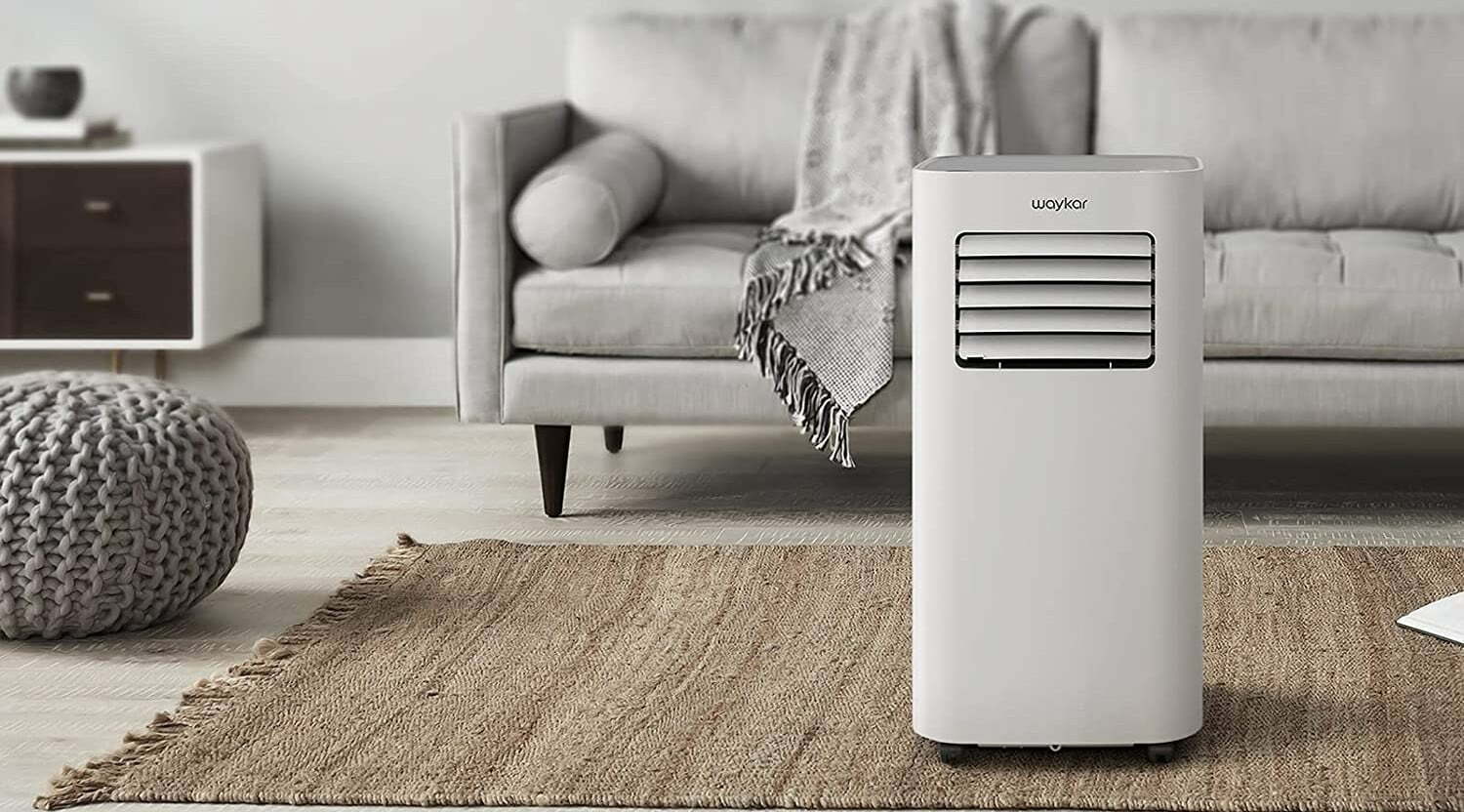
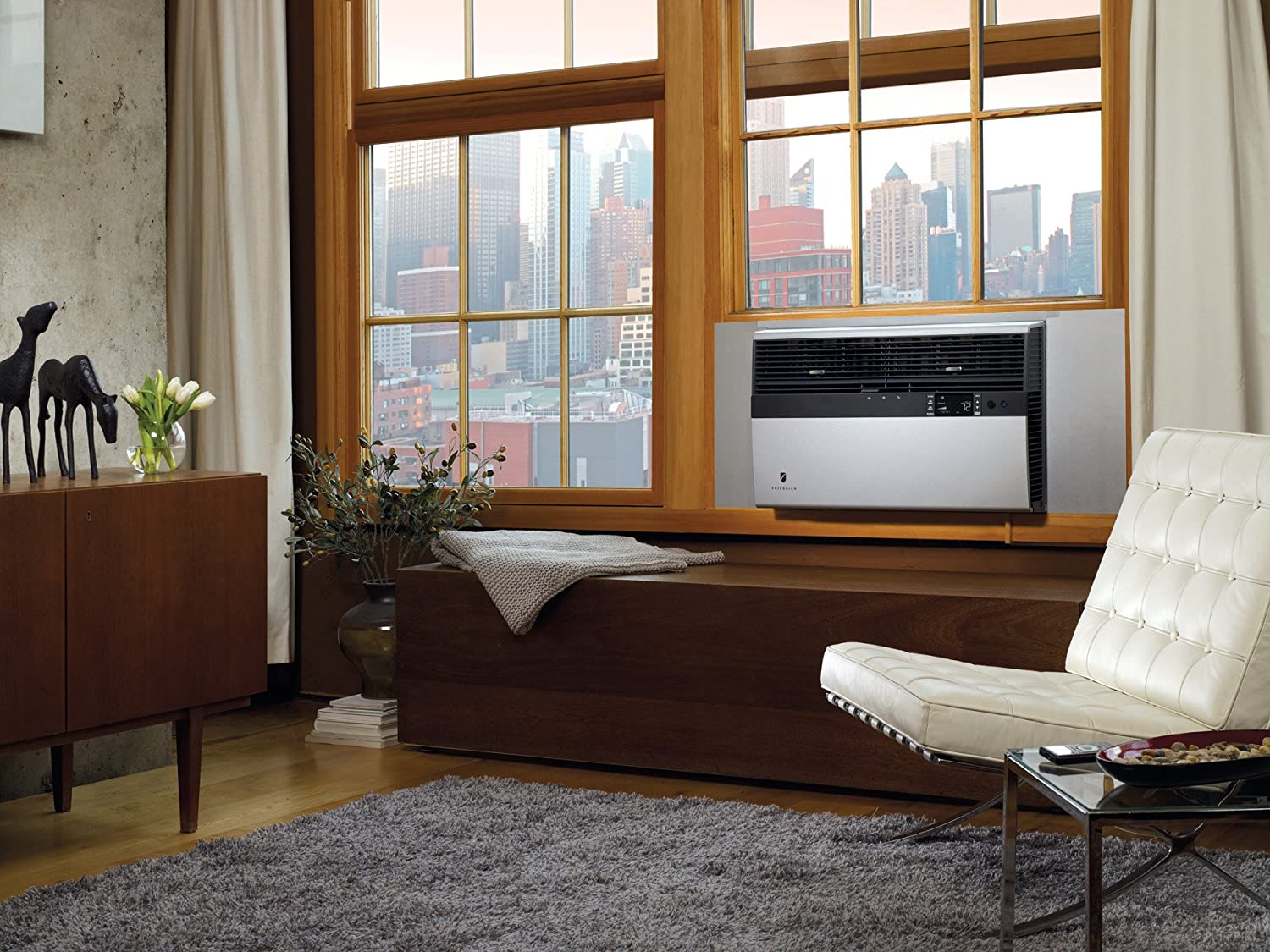
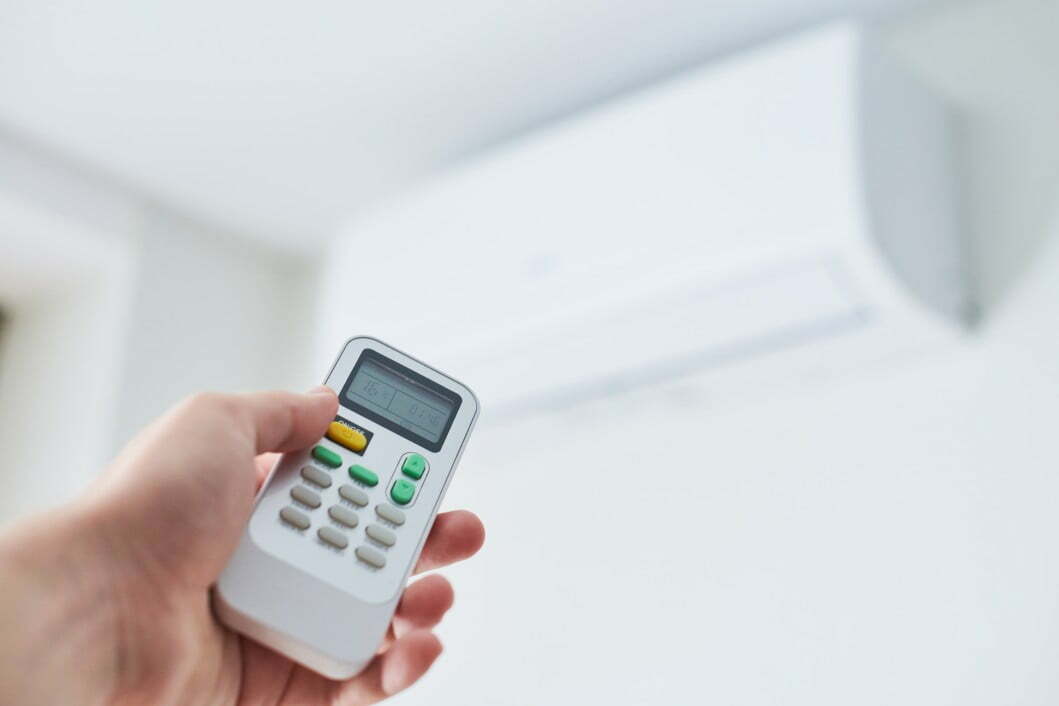
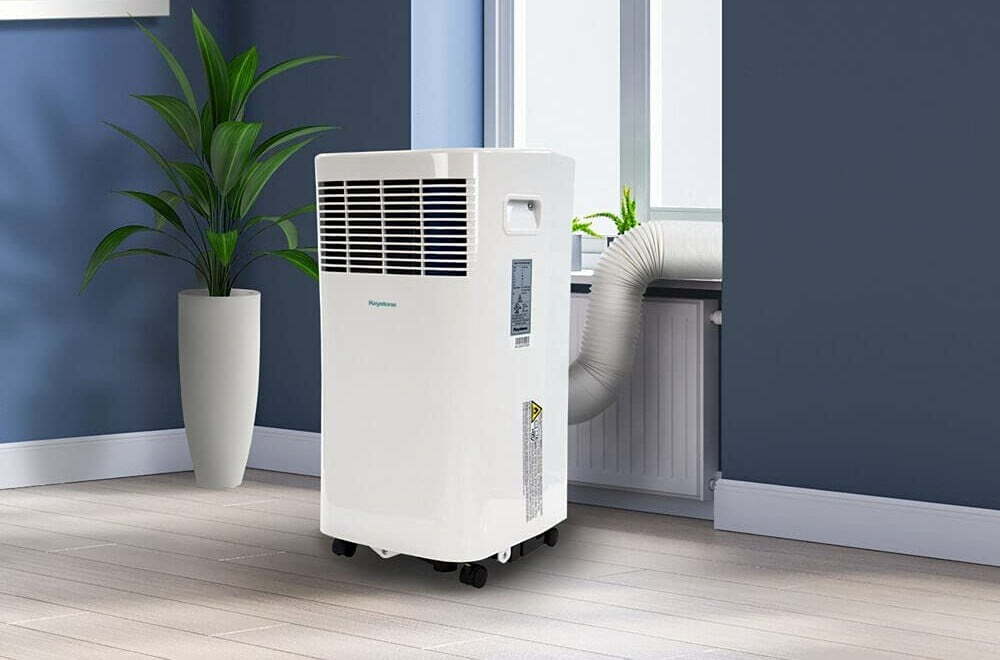
![Best Air Conditioners in [year] ([month] Reviews) 27 Best Air Conditioners in 2026 (January Reviews)](https://www.gadgetreview.dev/wp-content/uploads/best-air-conditioners-image.jpg)
![Quietest Through The Wall Air Conditioners in [year] 28 Quietest Through The Wall Air Conditioners in 2026](https://www.gadgetreview.dev/wp-content/uploads/quietest-through-the-wall-air-conditioner-image.jpg)
![Best 10000 BTU Air Conditioners in [year] 29 Best 10000 BTU Air Conditioners in 2026](https://www.gadgetreview.dev/wp-content/uploads/best-10000-btu-air-conditioner-image.jpg)
![Best 15000 BTU Air Conditioners in [year] 30 Best 15000 BTU Air Conditioners in 2026](https://www.gadgetreview.dev/wp-content/uploads/best-15000-btu-air-conditioner-image.jpg)
![Best 15000 BTU Window Air Conditioners in [year] 31 Best 15000 BTU Window Air Conditioners in 2026](https://www.gadgetreview.dev/wp-content/uploads/best-15000-btu-window-air-conditioner-image.jpg)
![Best 12000 BTU Air Conditioners in [year] 32 Best 12000 BTU Air Conditioners in 2026](https://www.gadgetreview.dev/wp-content/uploads/best-12000-btu-air-conditioner-image.jpg)
![Best Photocatalytic Oxidation Air Purifiers in [year] 33 Best Photocatalytic Oxidation Air Purifiers in 2026](https://www.gadgetreview.dev/wp-content/uploads/best-photocatalytic-oxidation-air-purifier-image.jpg)
![Best Ventless Portable Air Conditioners in [year] 34 Best Ventless Portable Air Conditioners in 2026](https://www.gadgetreview.dev/wp-content/uploads/best-ventless-portable-air-conditioner-image.jpg)
![Best Window Air Conditioners with Heat in [year] 35 Best Window Air Conditioners with Heat in 2026](https://www.gadgetreview.dev/wp-content/uploads/best-window-air-conditioner-with-heat-image.jpg)
![Best HEPA Air Purifiers in [year] 37 Best HEPA Air Purifiers in 2026](https://www.gadgetreview.dev/wp-content/uploads/best-hepa-air-purifier-image.jpg)
![Best Quiet Window Air Conditioners in [year] 38 Best Quiet Window Air Conditioners in 2026](https://www.gadgetreview.dev/wp-content/uploads/quiet-window-air-conditioner-image.jpg)
![Best Energy Efficient Window Air Conditioners in [year] 39 Best Energy Efficient Window Air Conditioners in 2026](https://www.gadgetreview.dev/wp-content/uploads/best-energy-efficient-window-air-conditioner-image.jpg)
![Best Quiet Portable Air Conditioners in [year] 40 Best Quiet Portable Air Conditioners in 2026](https://www.gadgetreview.dev/wp-content/uploads/quiet-portable-air-conditioner-image.jpg)
![Best 6000 BTU Air Conditioners in [year] 41 Best 6000 BTU Air Conditioners in 2026](https://www.gadgetreview.dev/wp-content/uploads/best-6000-btu-air-conditioner-image.jpg)
![Best 8000 BTU Air Conditioners in [year] 42 Best 8000 BTU Air Conditioners in 2026](https://www.gadgetreview.dev/wp-content/uploads/best-8000-btu-air-conditioner-image.jpg)
![Best Small Window Air Conditioner in [year] 43 Best Small Window Air Conditioner in 2026](https://www.gadgetreview.dev/wp-content/uploads/best-small-window-air-conditioner-image.jpg)
![Best 5000 BTU Air Conditioners in [year] 44 Best 5000 BTU Air Conditioners in 2026](https://www.gadgetreview.dev/wp-content/uploads/best-5000-btu-air-conditioner.jpg)
![Best Mini Split in [year] 45 Best Mini Split in 2026](https://www.gadgetreview.dev/wp-content/uploads/best-ductless-mini-split-air-conditioner-image.jpg)
![10 Best Portable Air Conditioners and Heaters in [year] 46 10 Best Portable Air Conditioners and Heaters in 2026](https://www.gadgetreview.dev/wp-content/uploads/best-portable-air-conditioner-and-heater-image.jpg)
